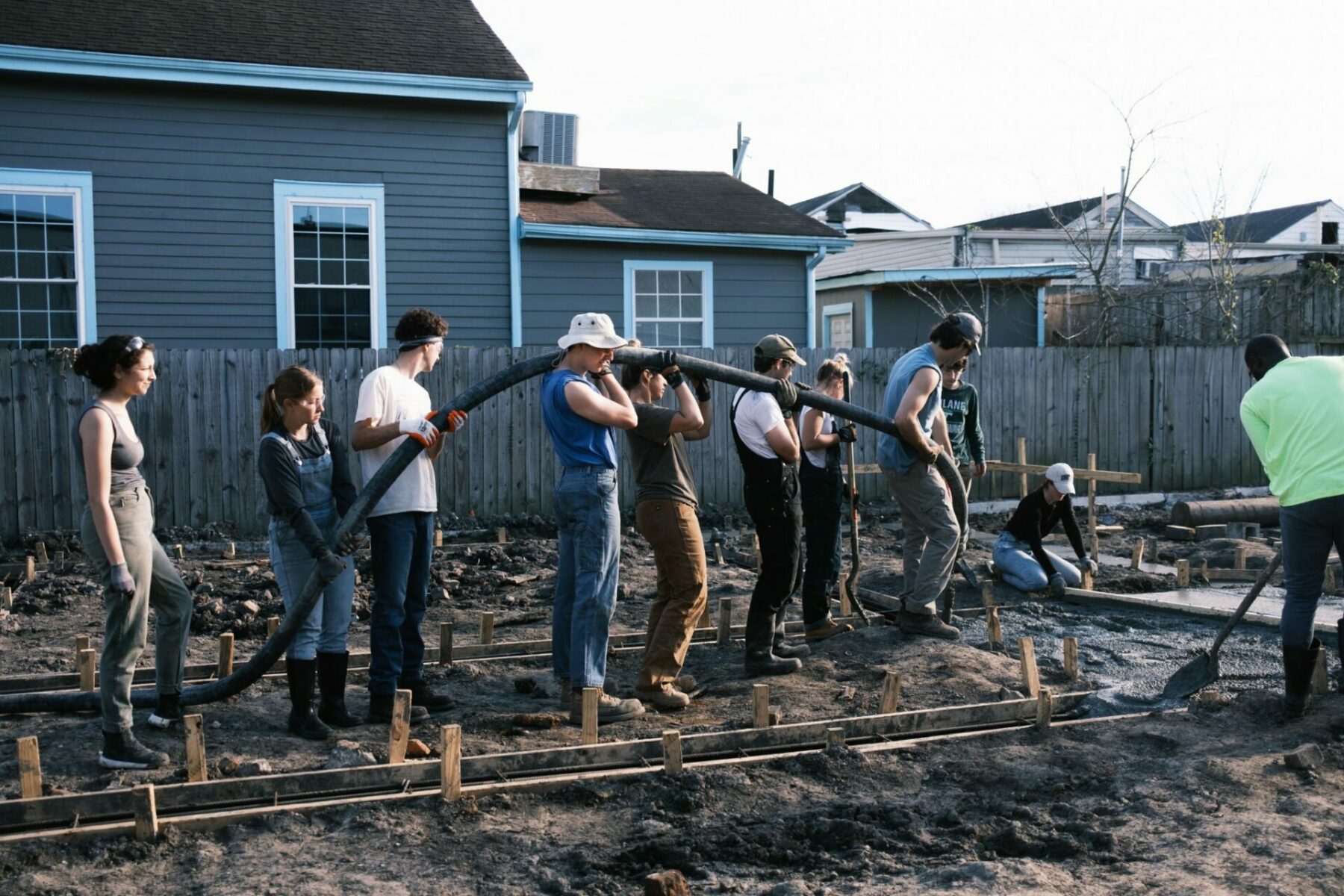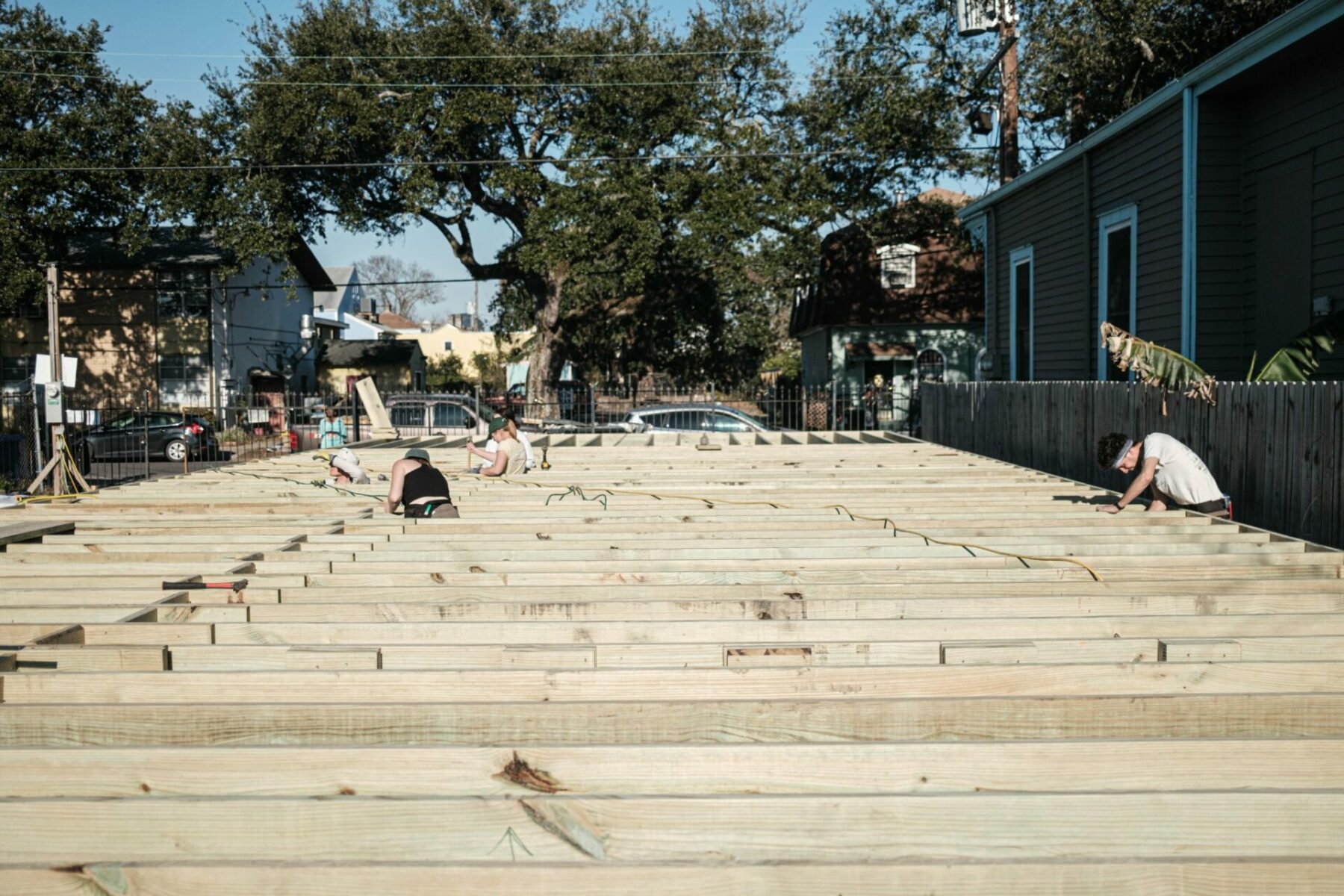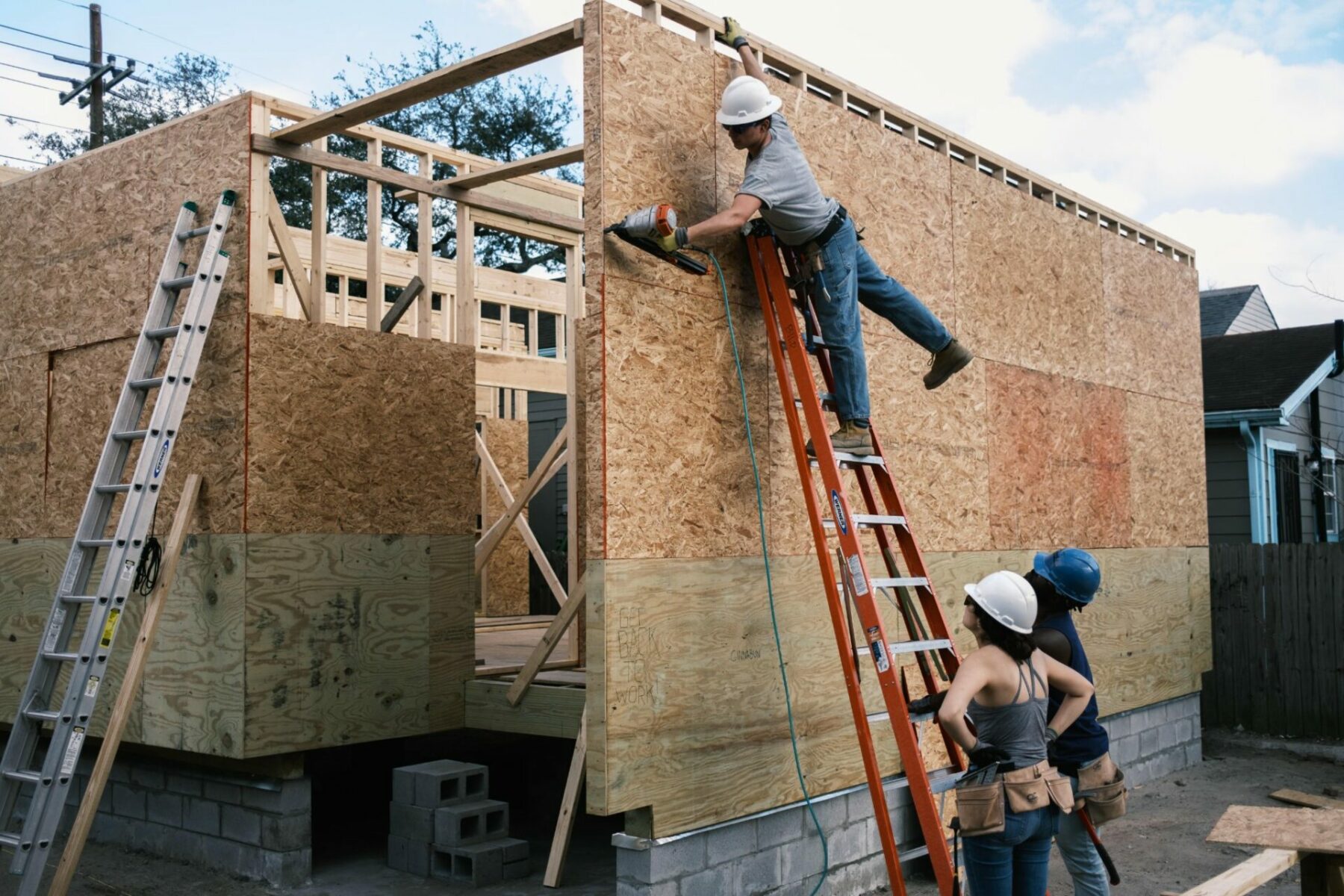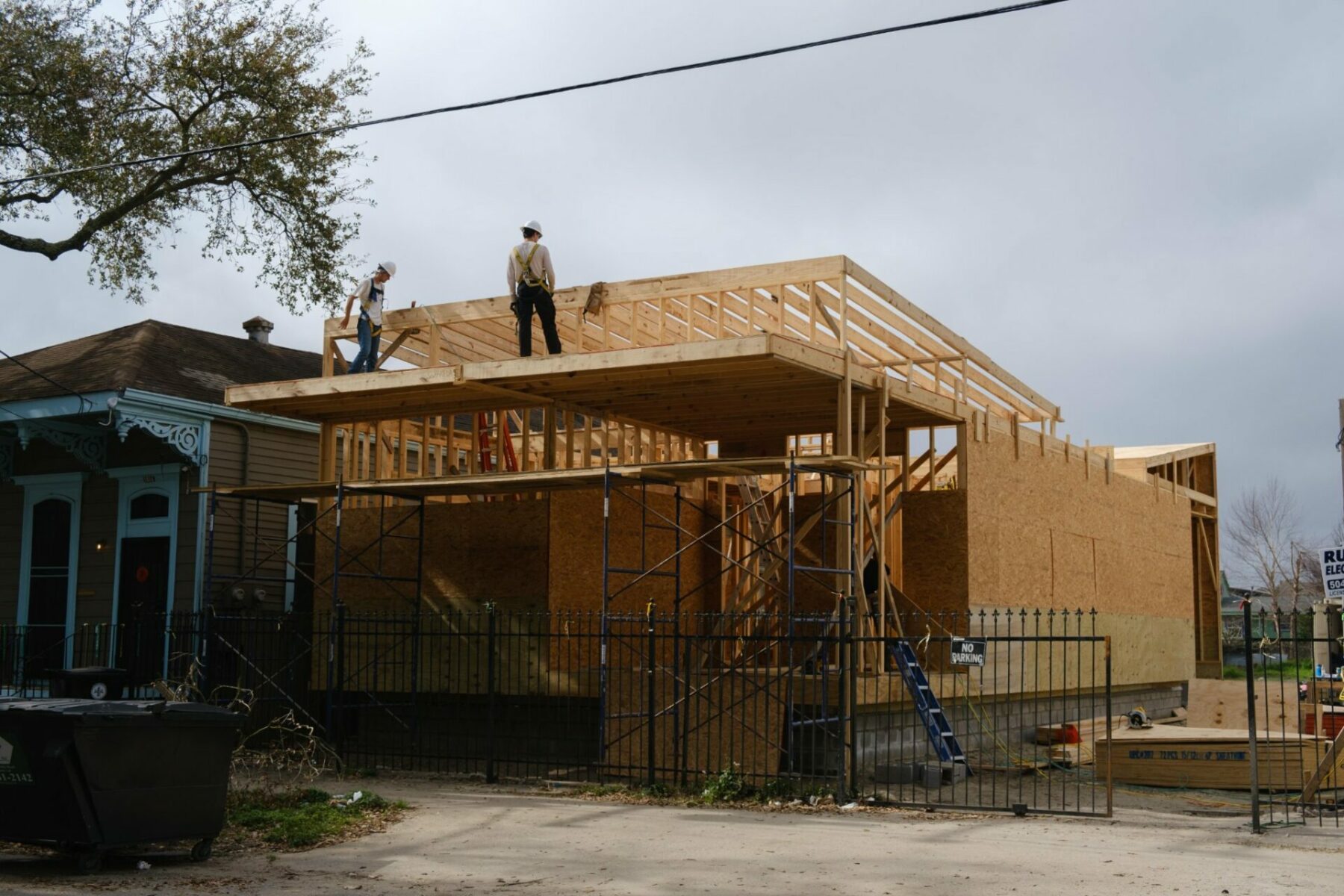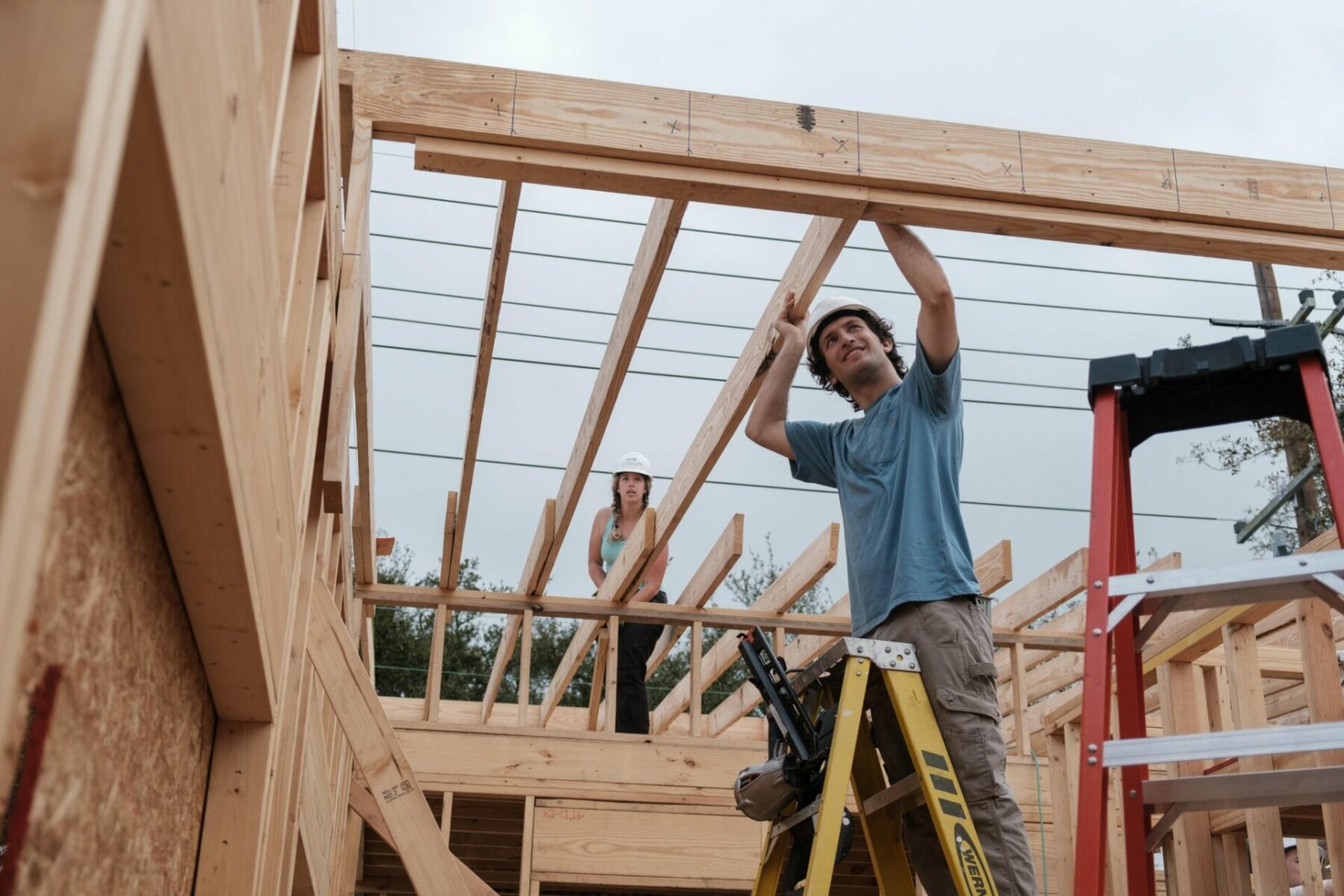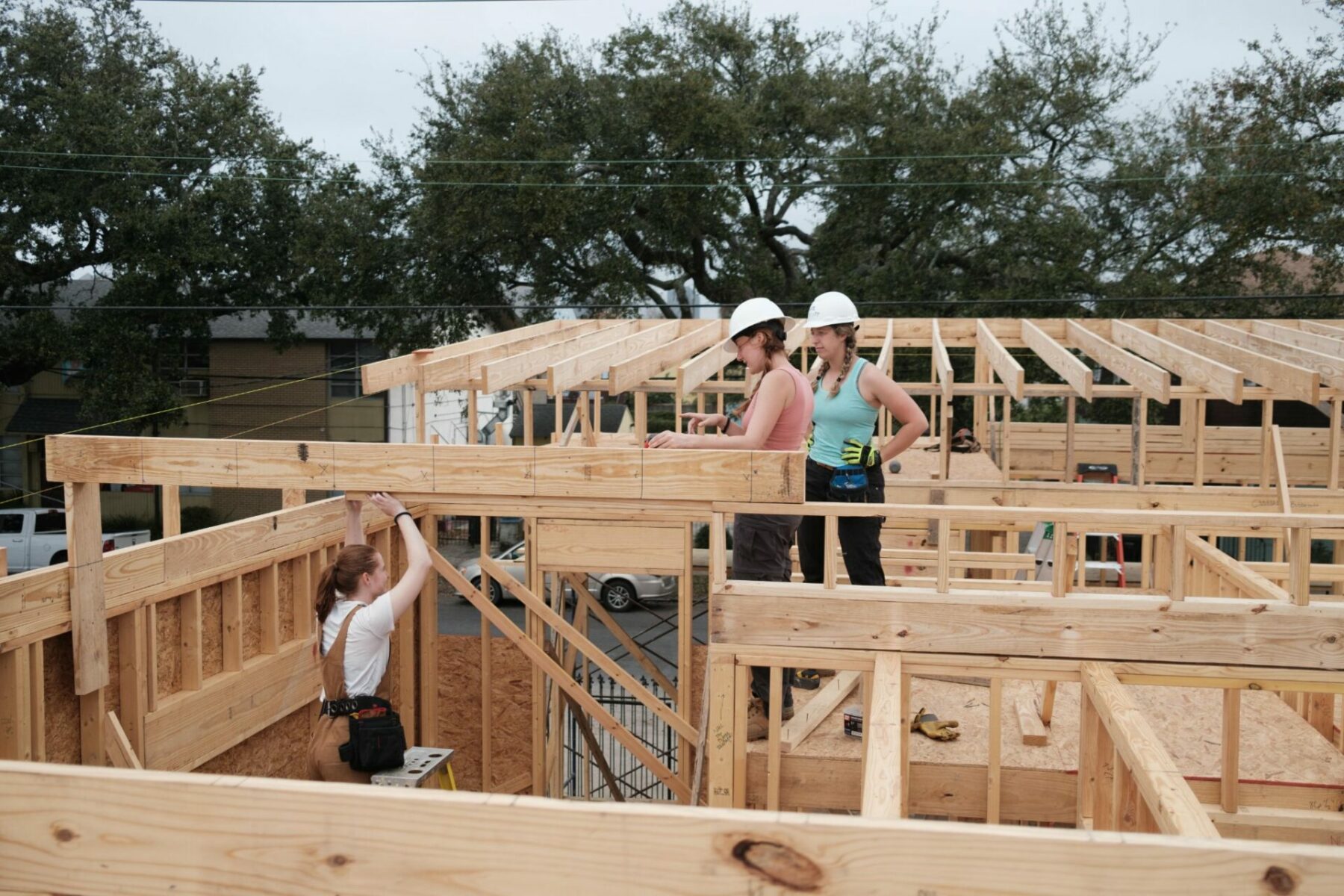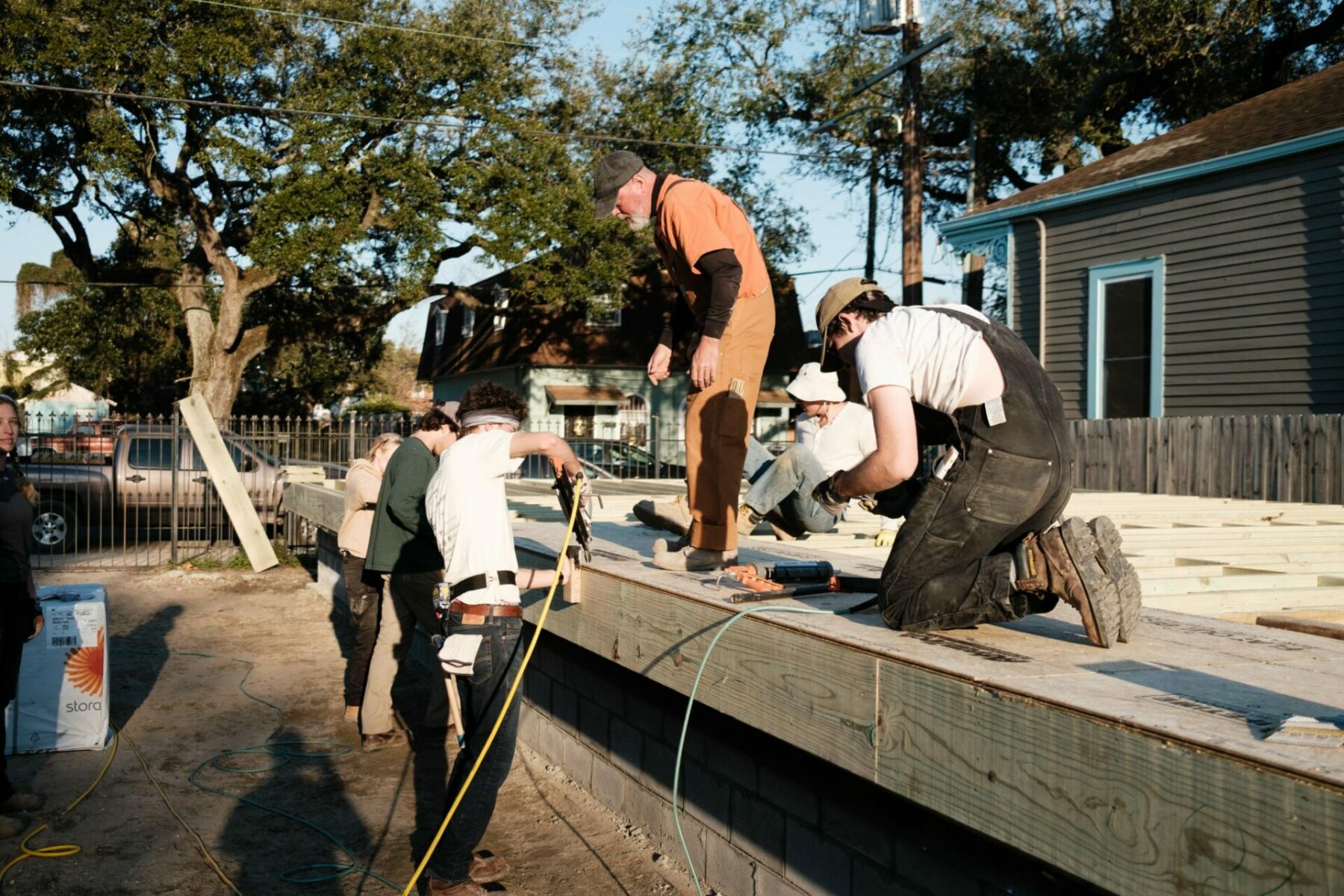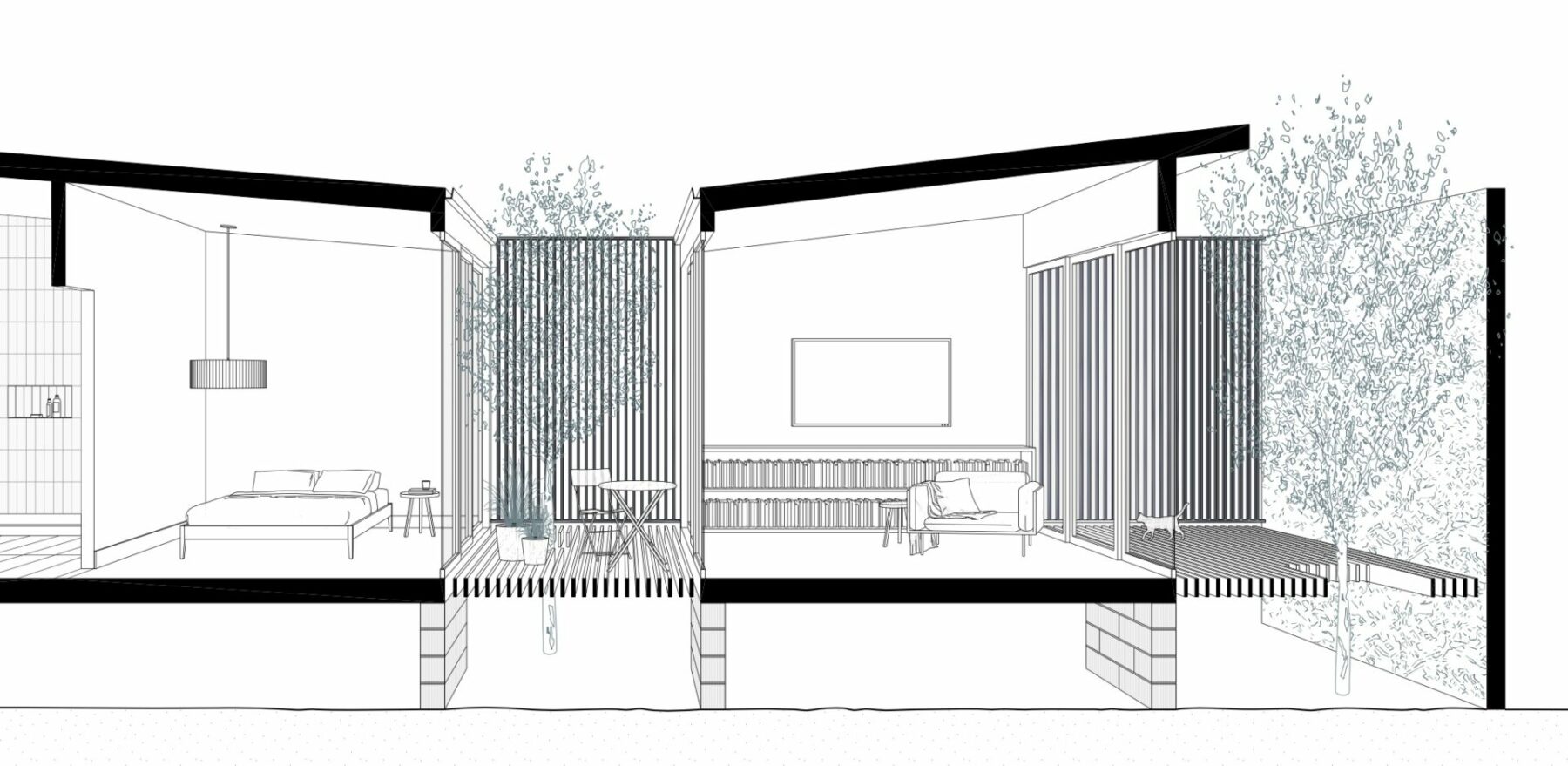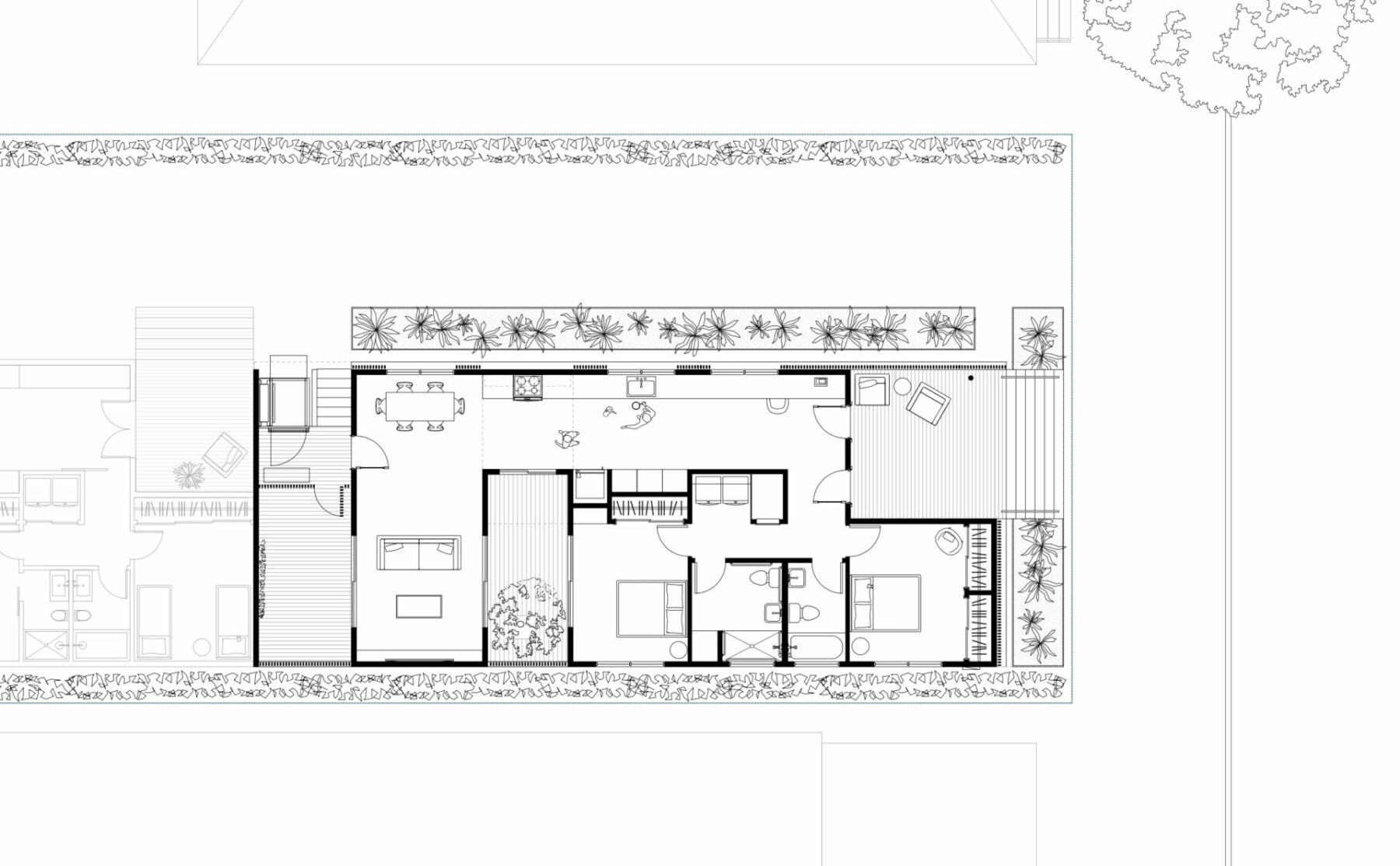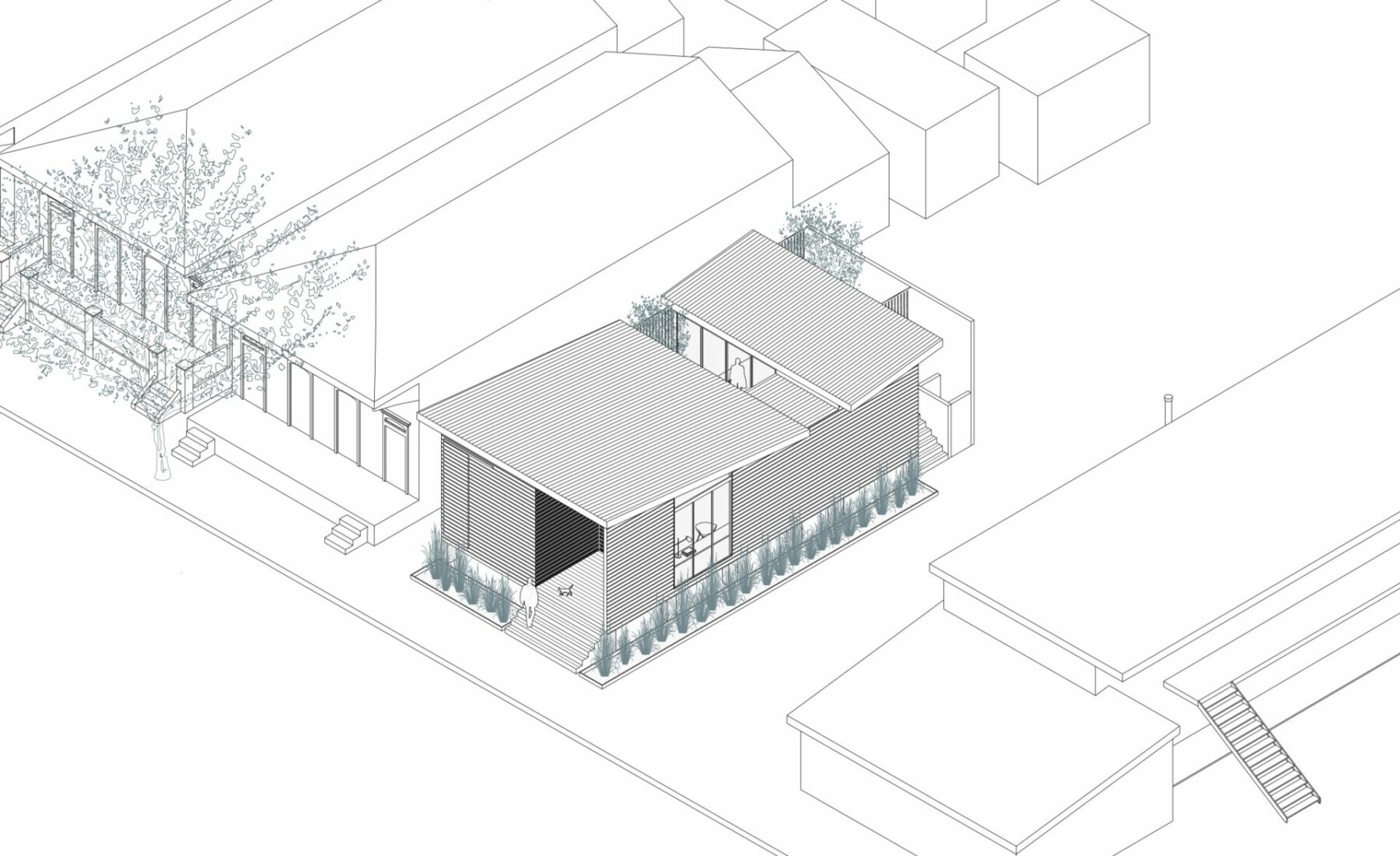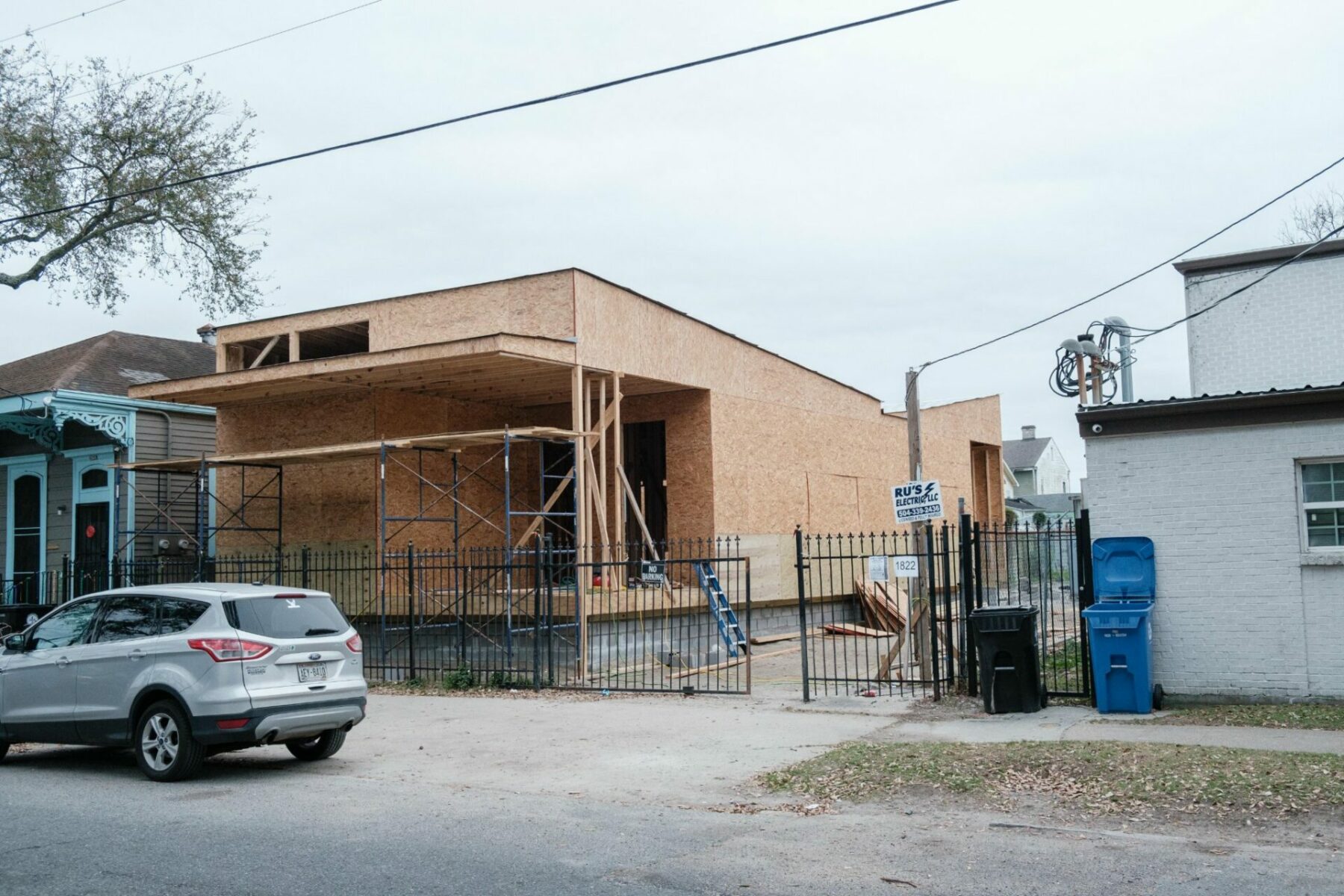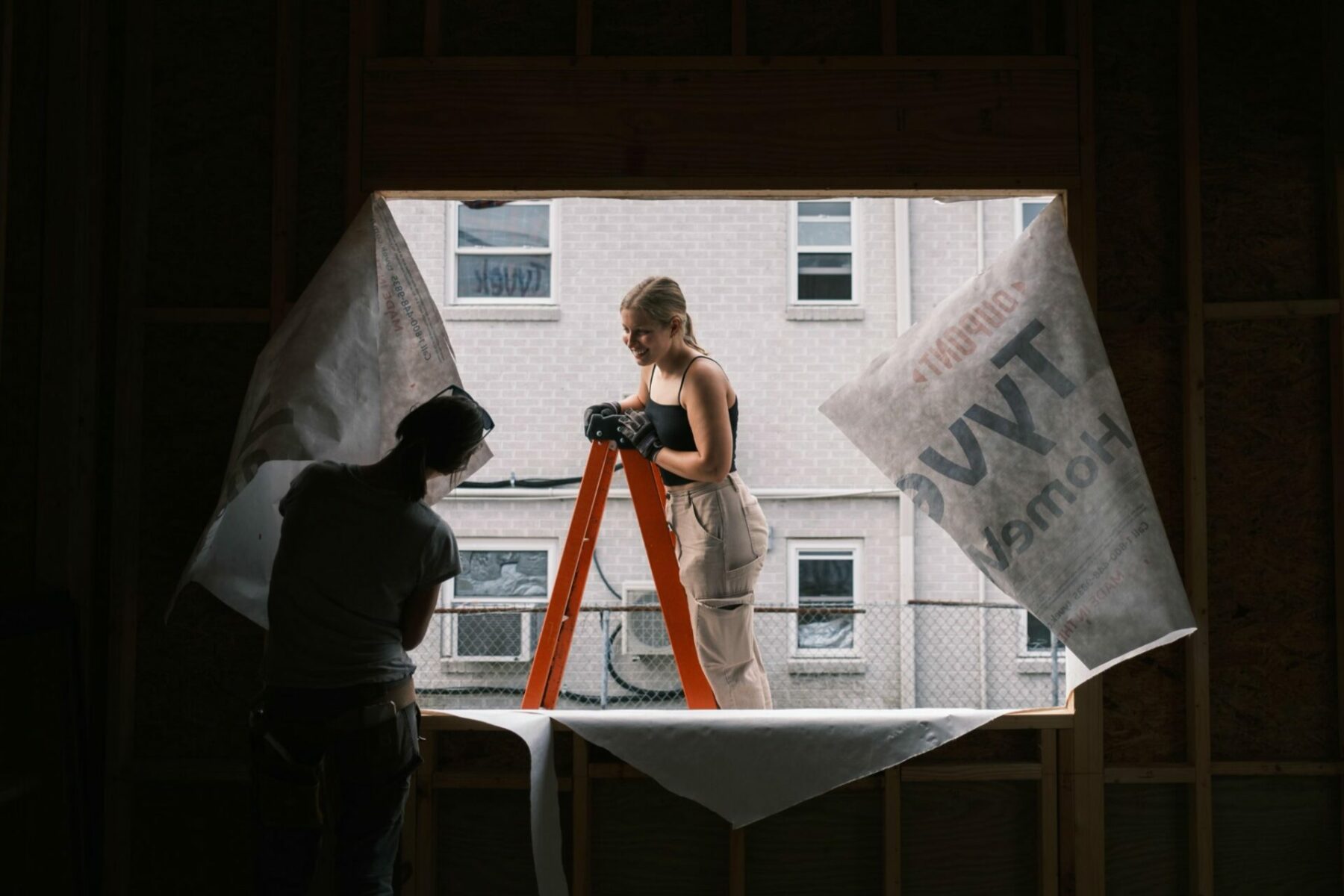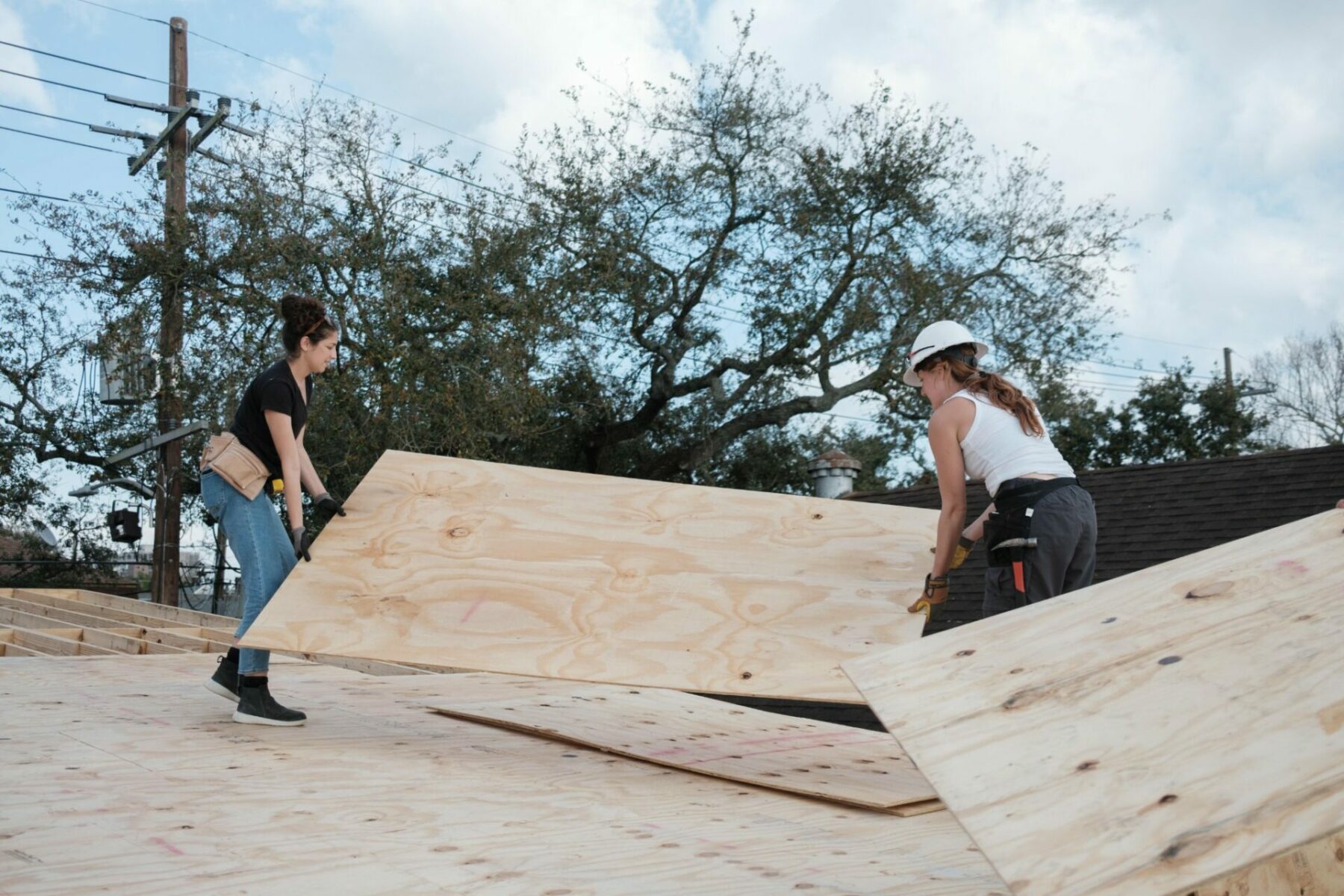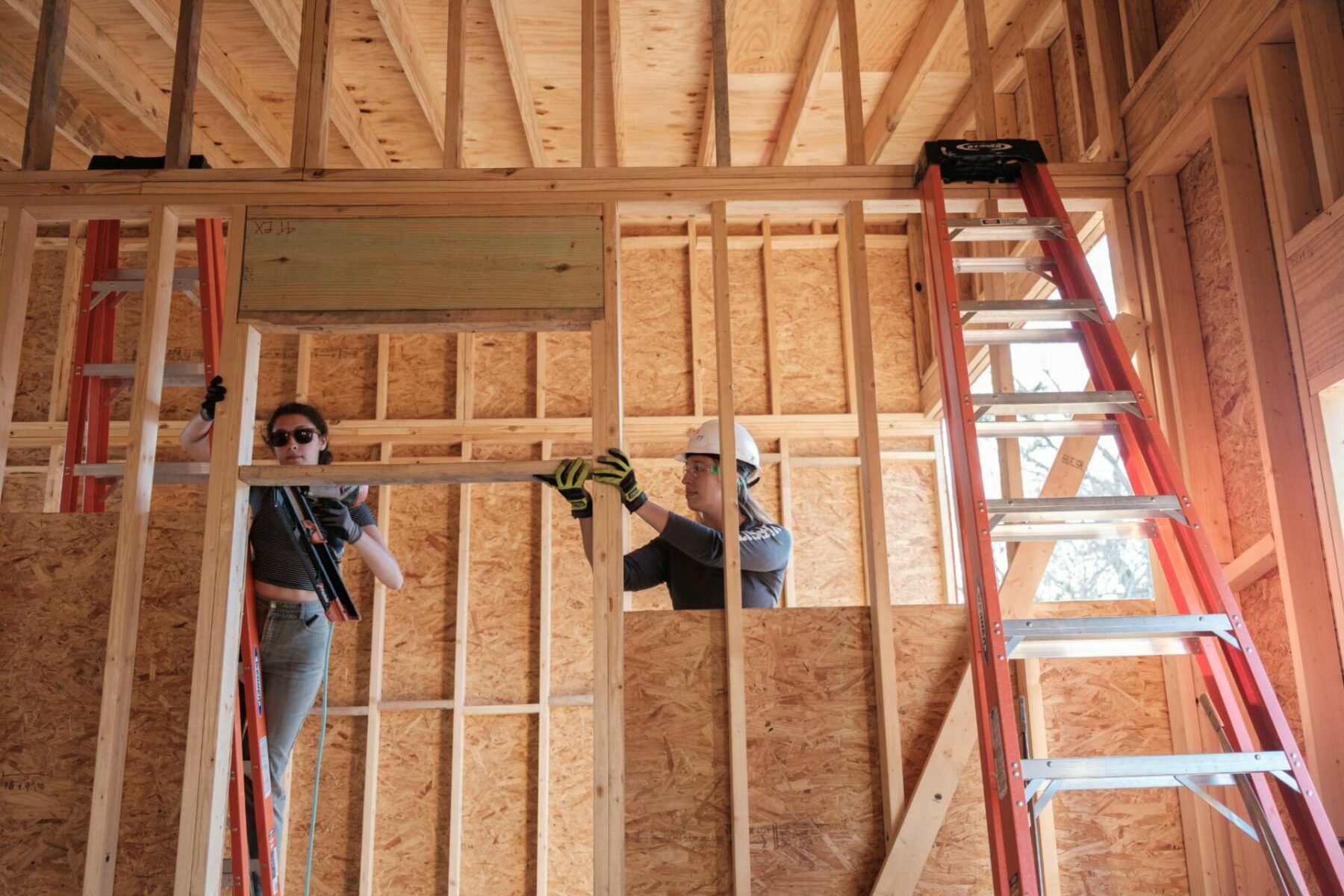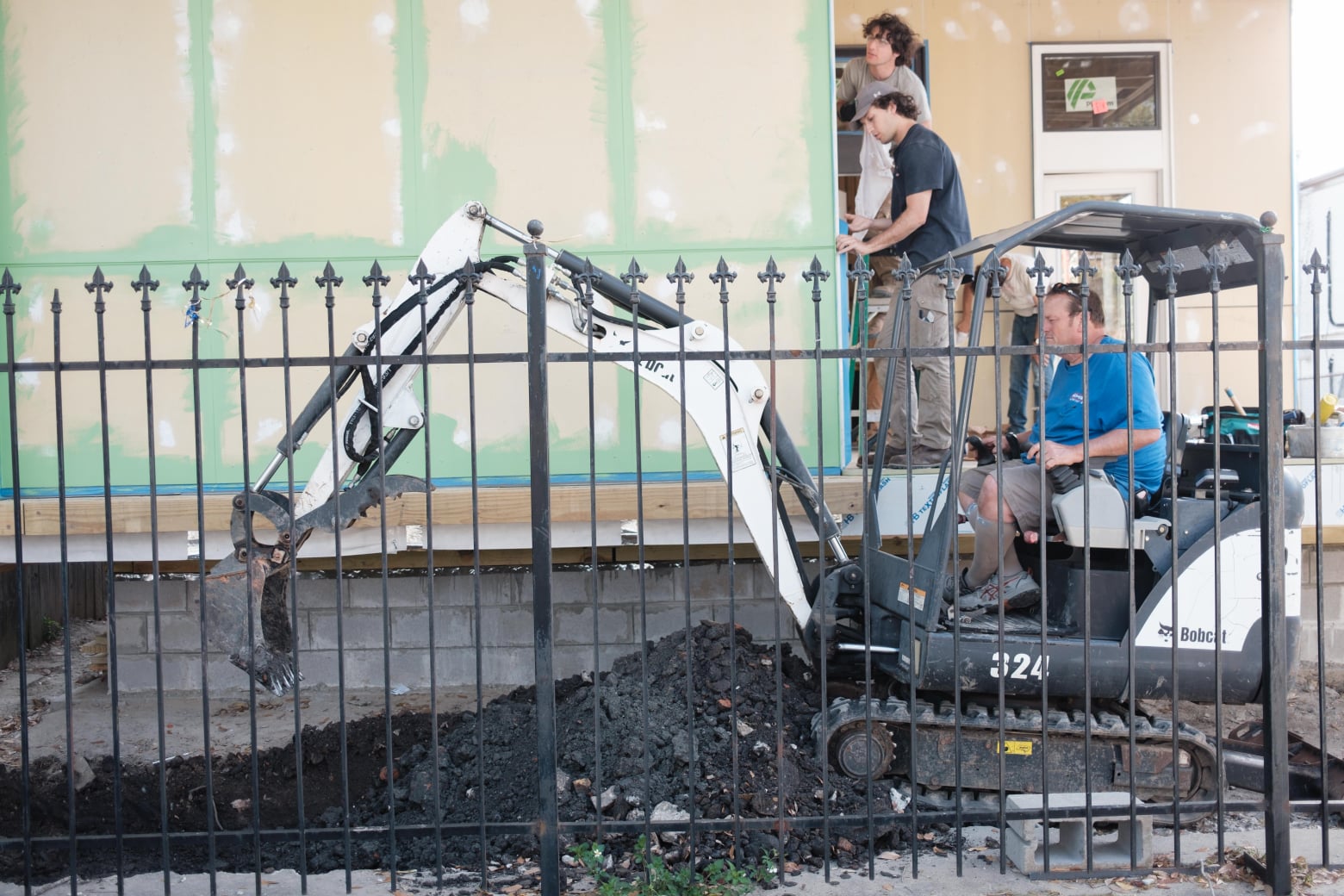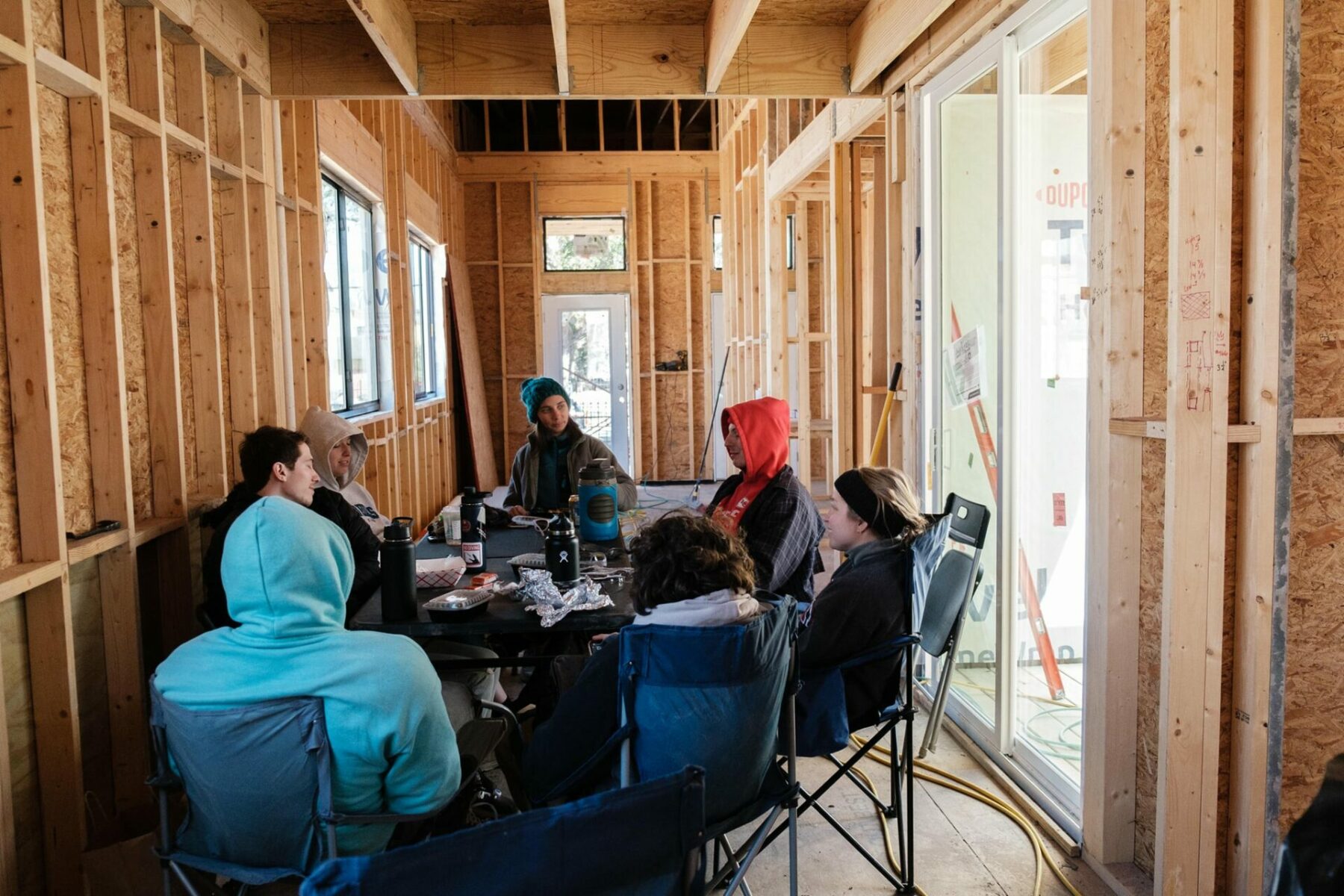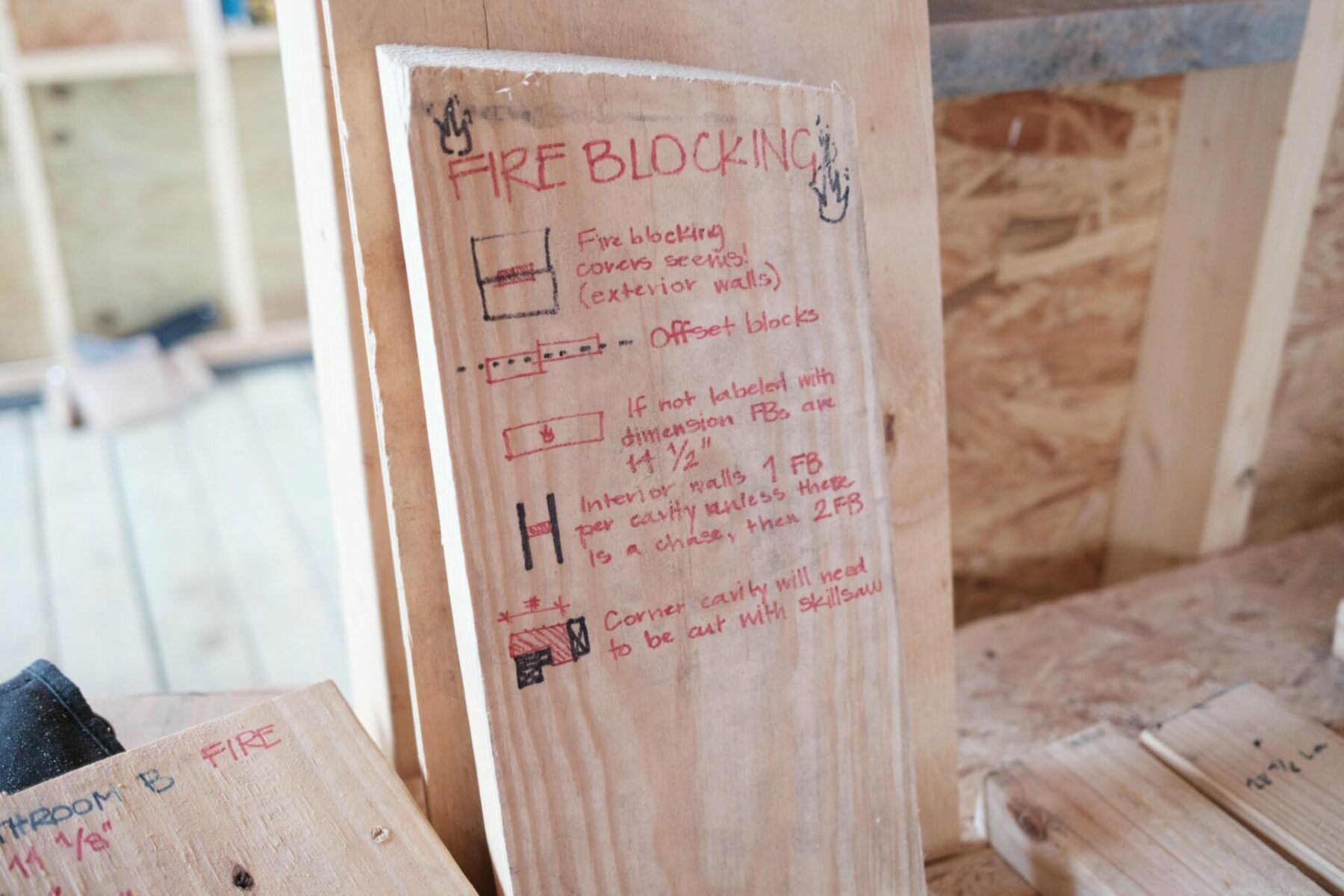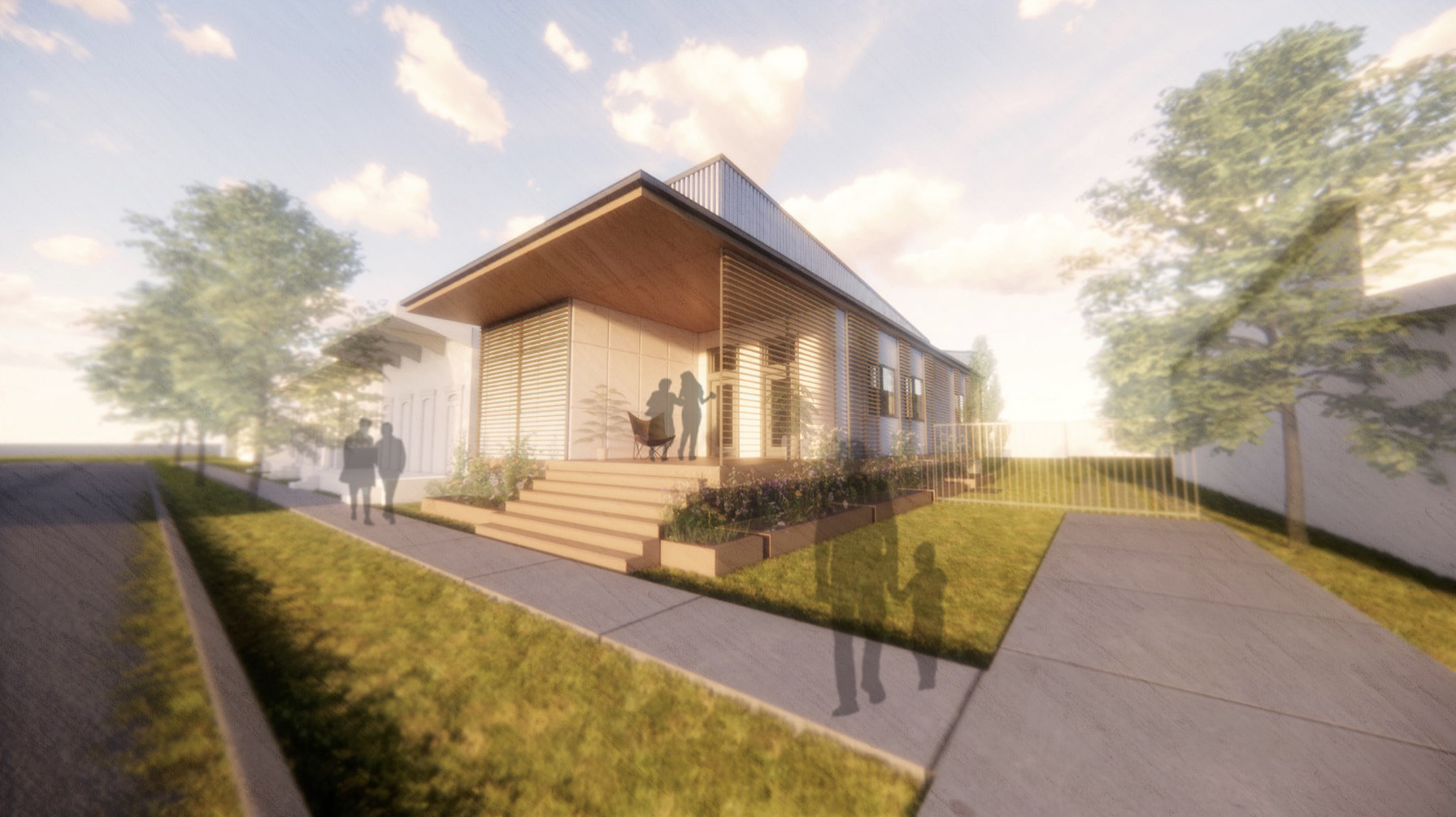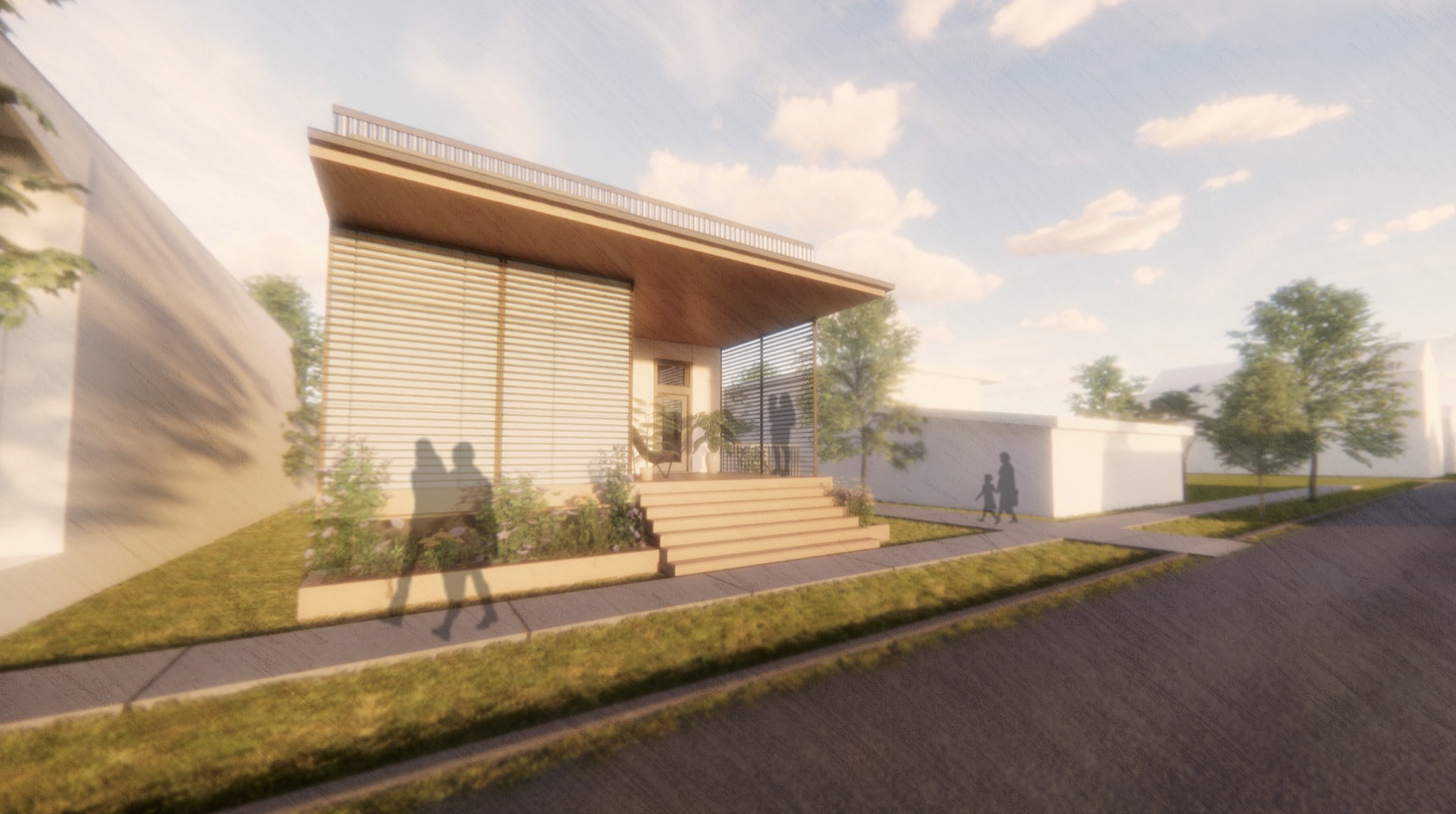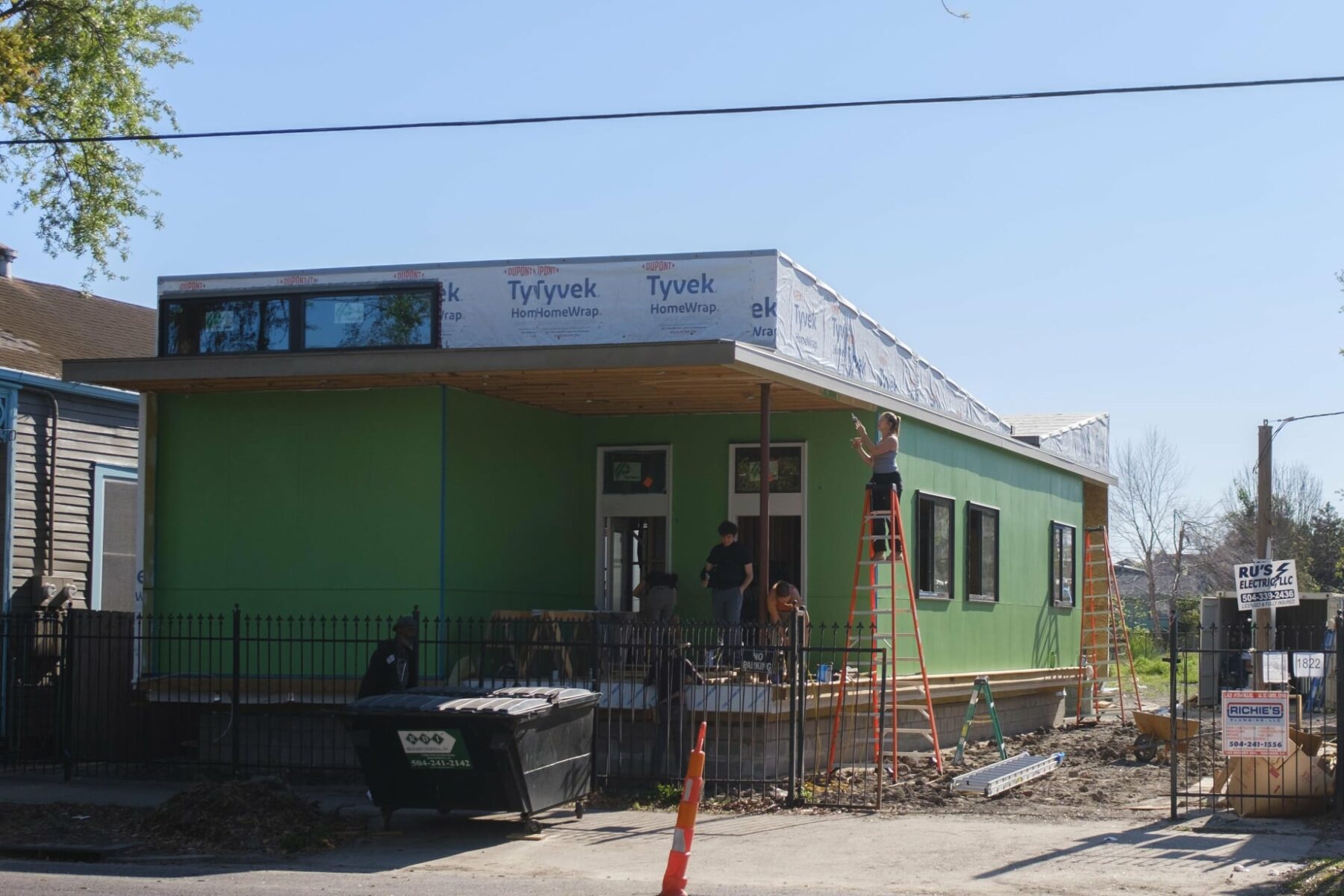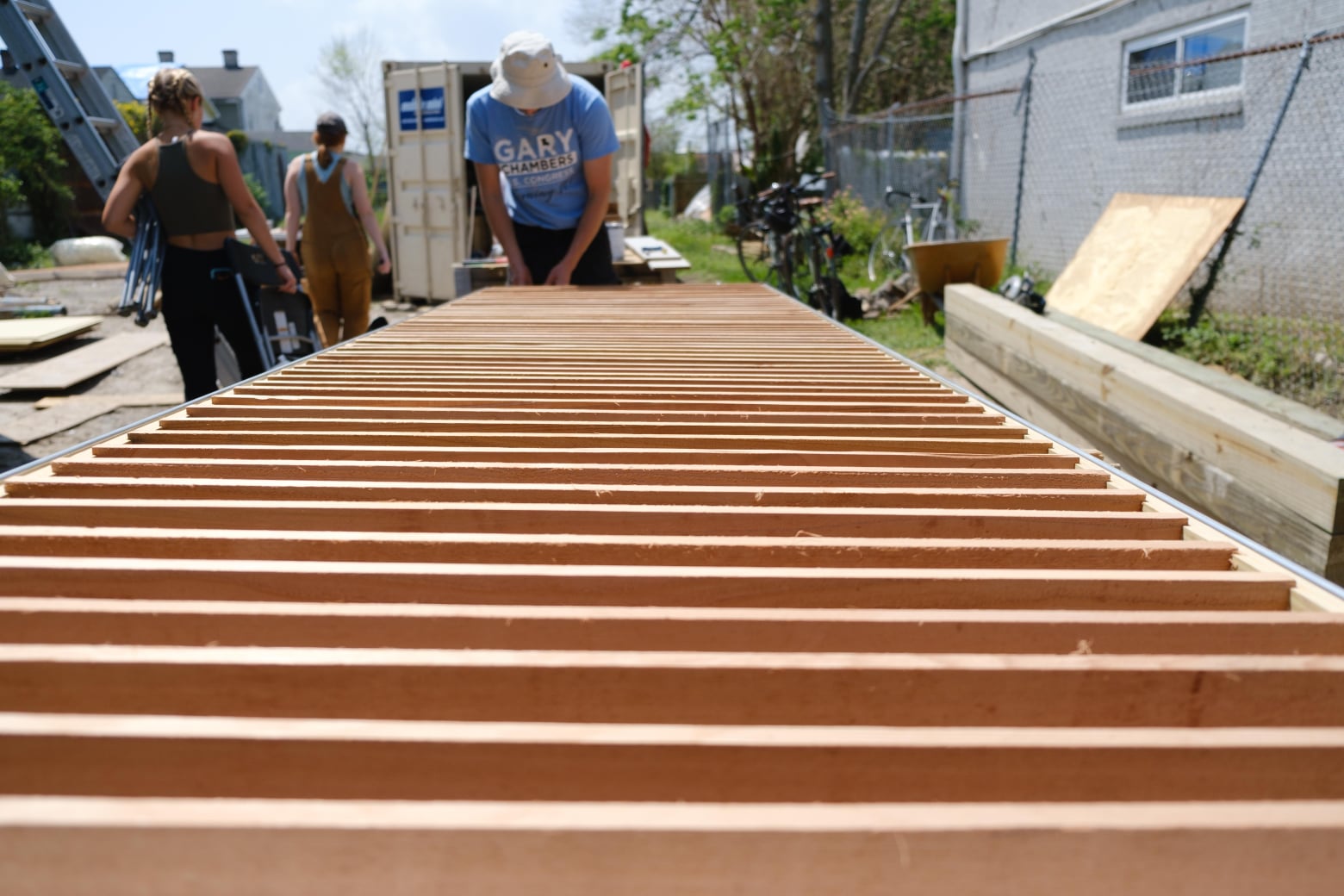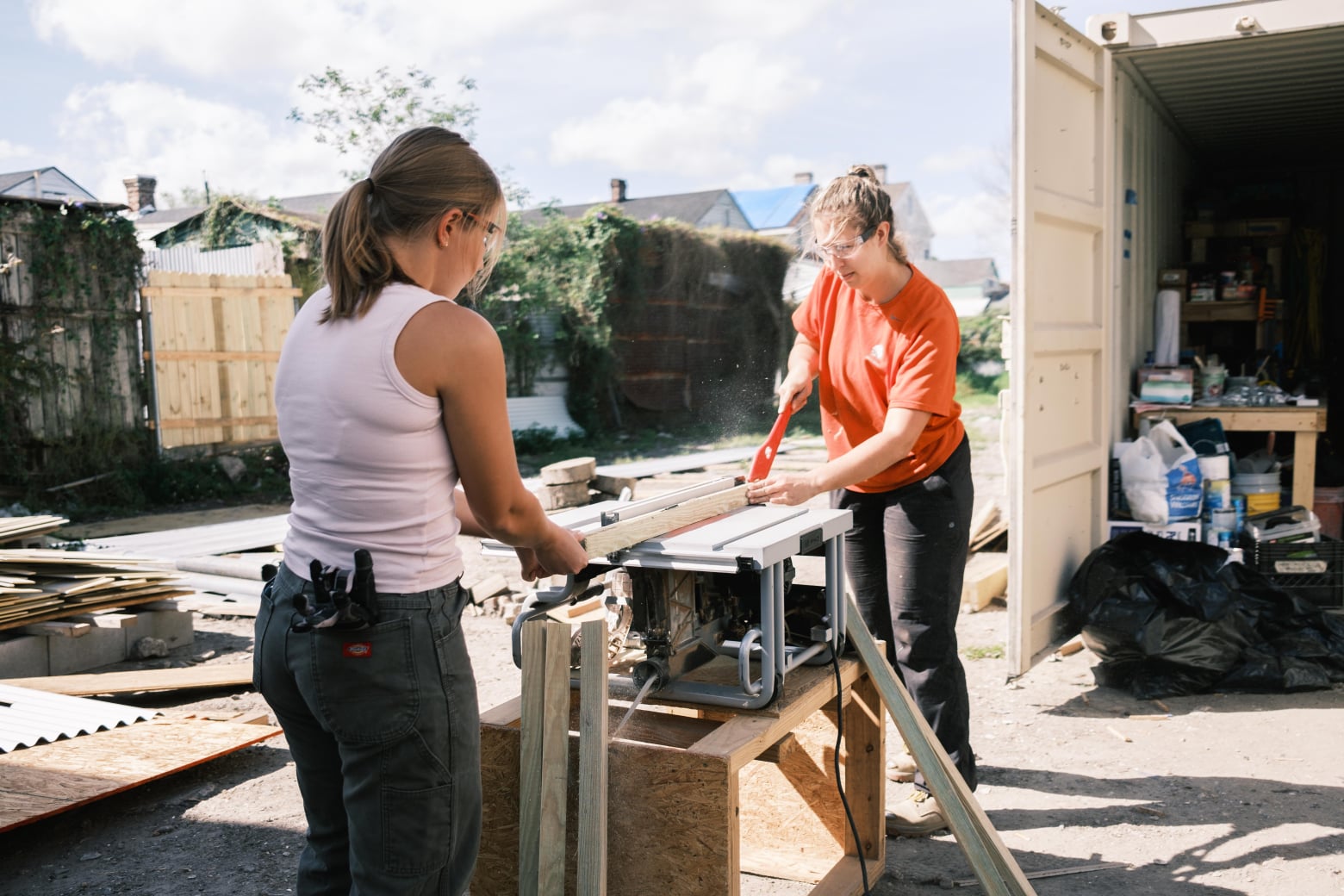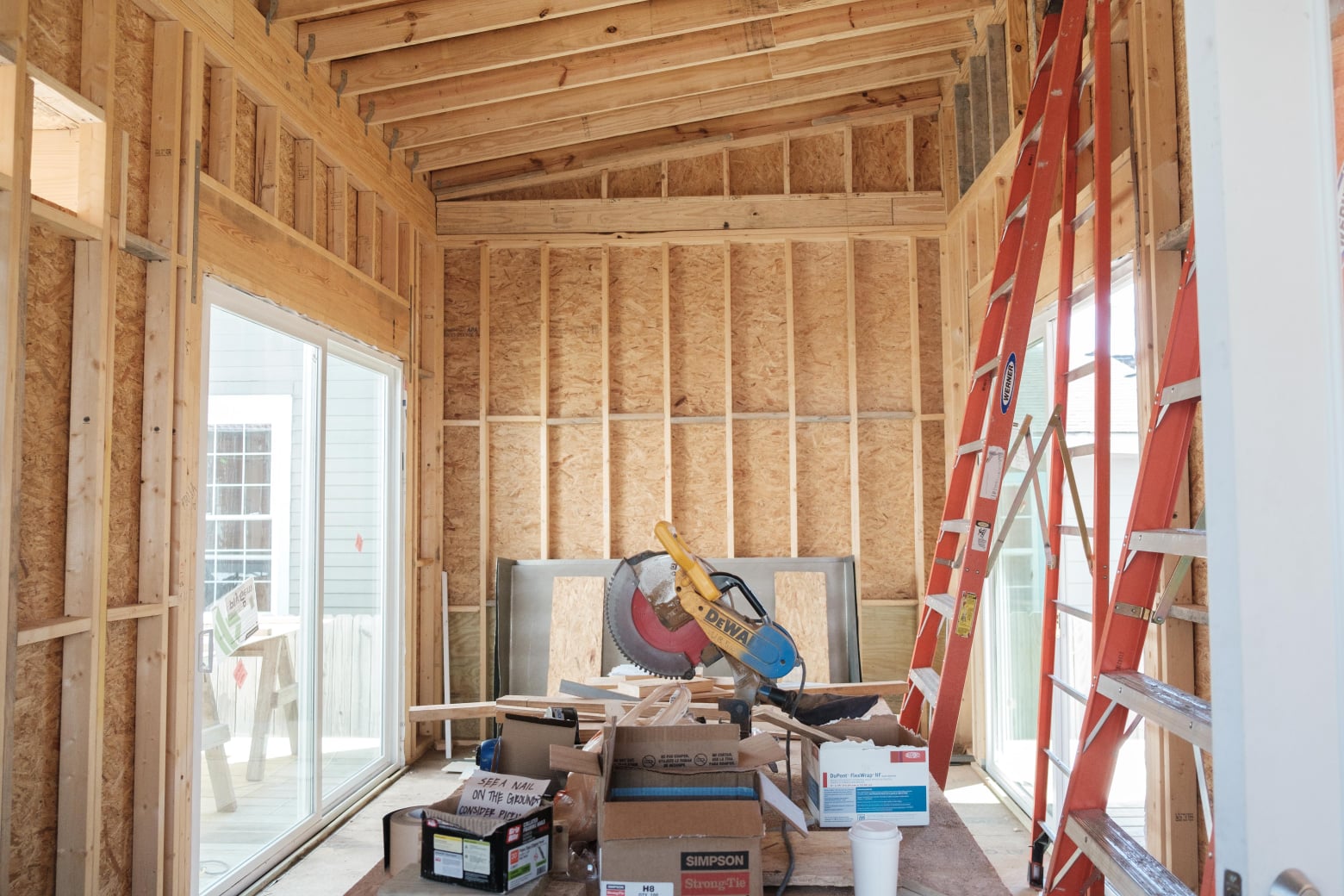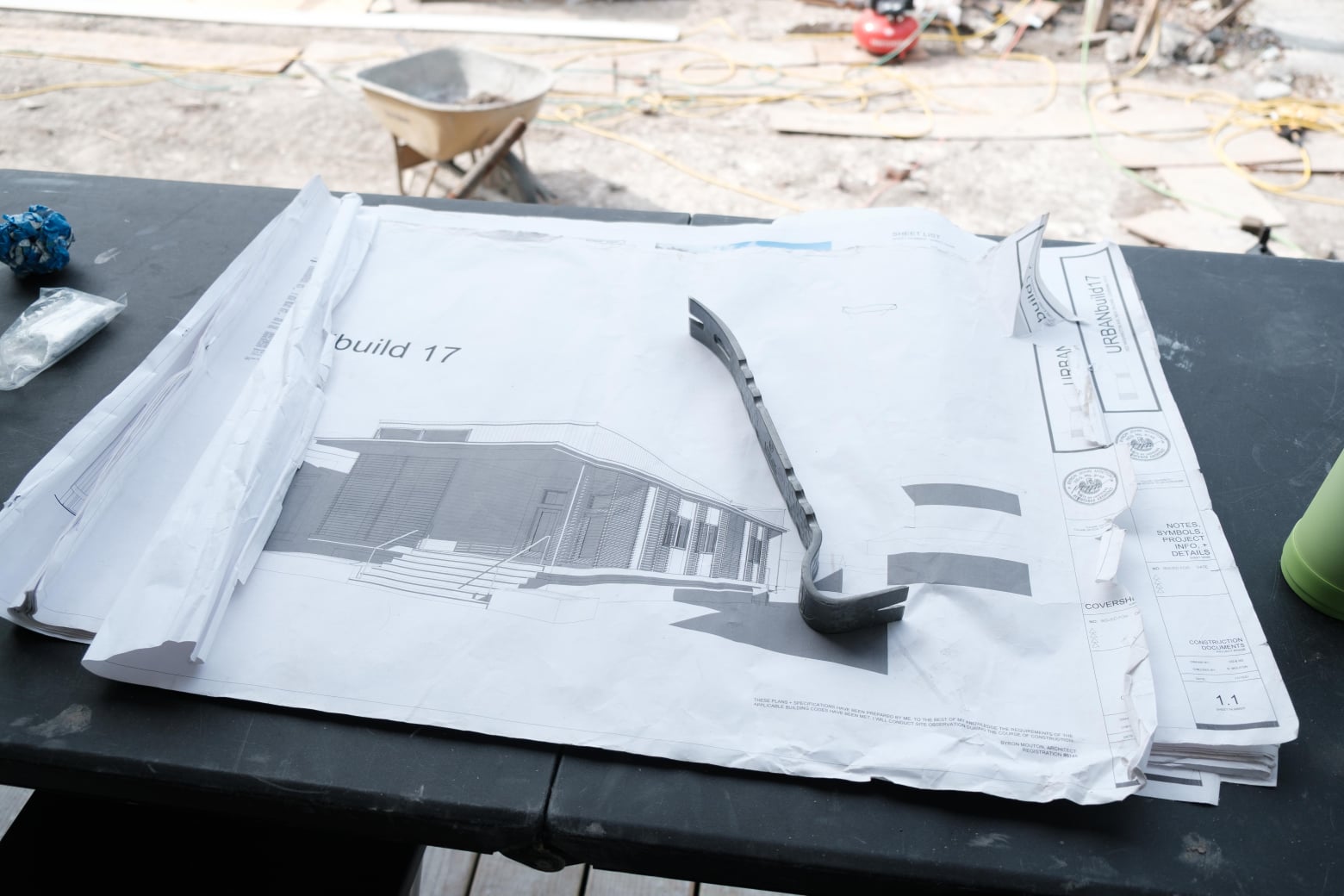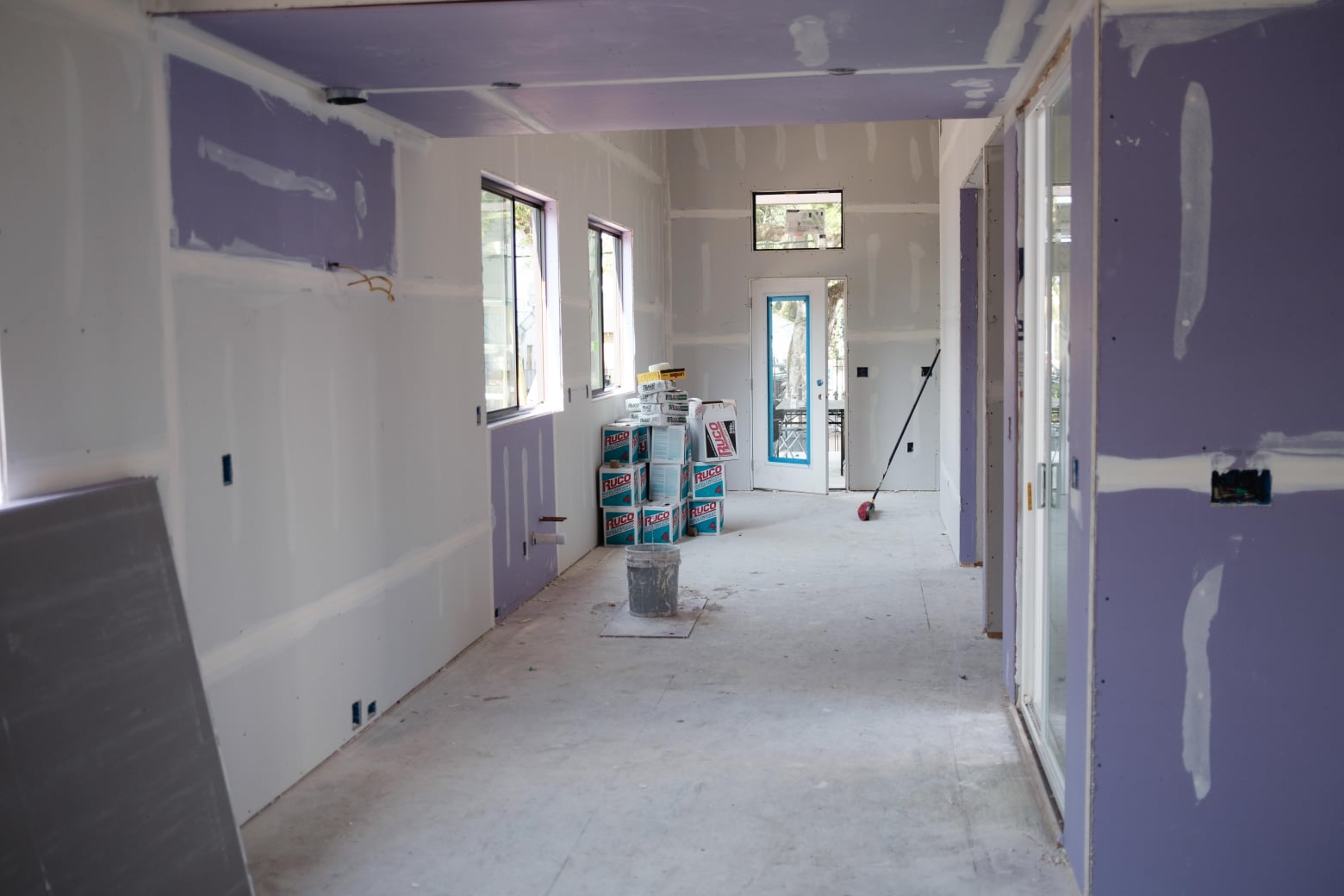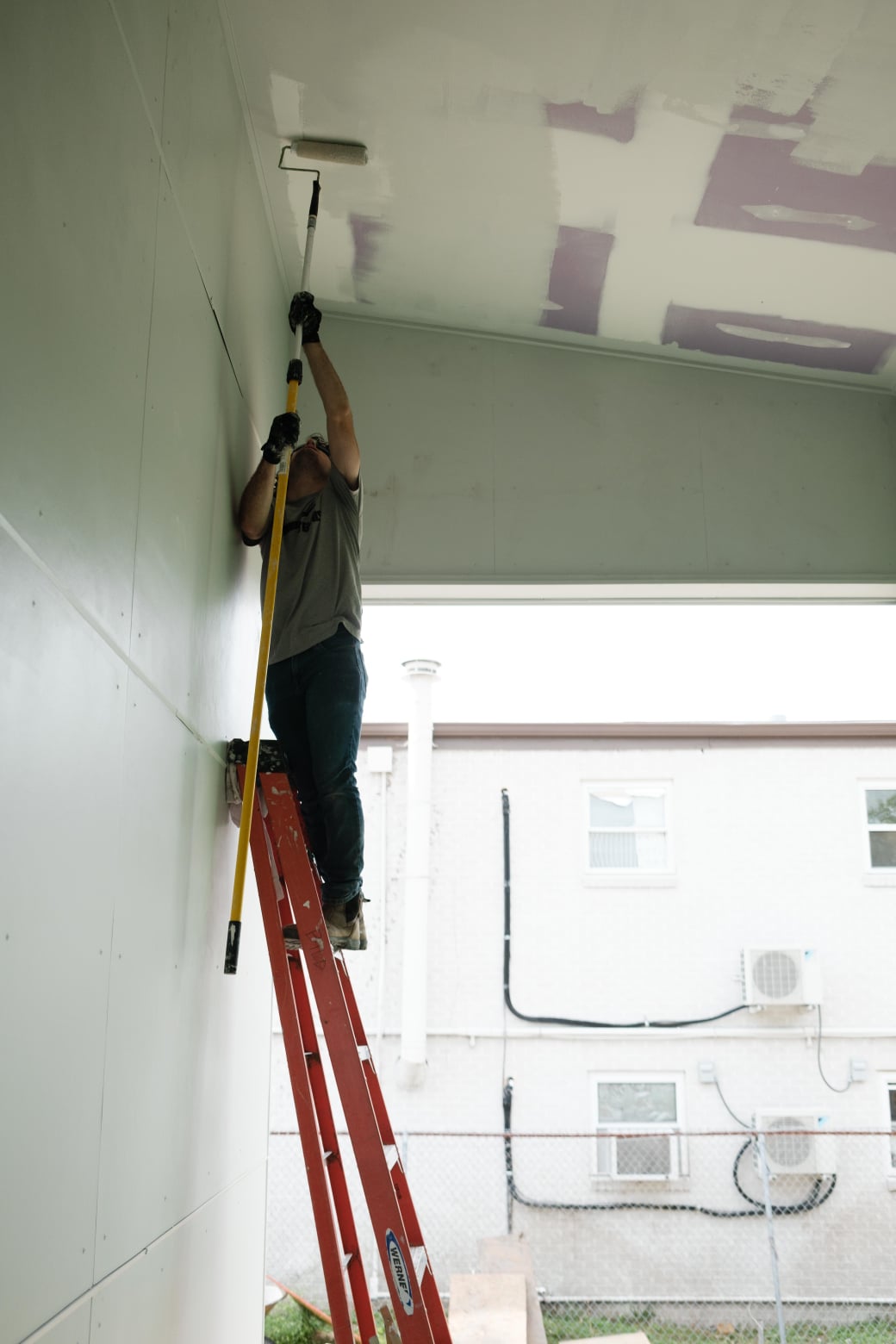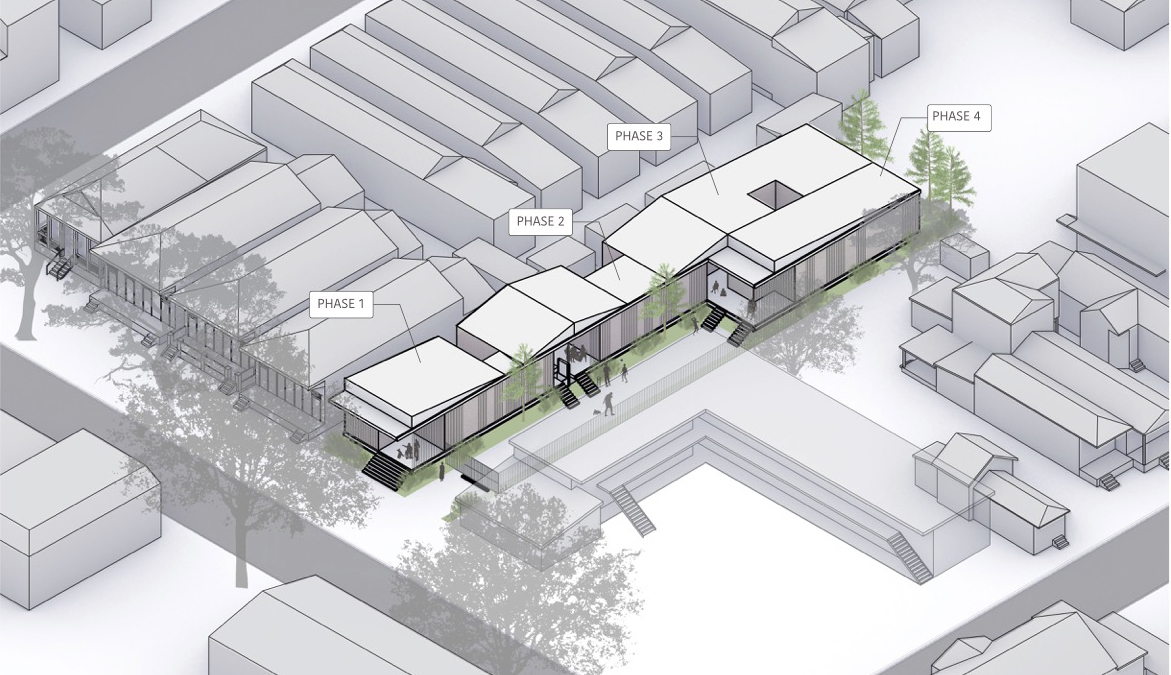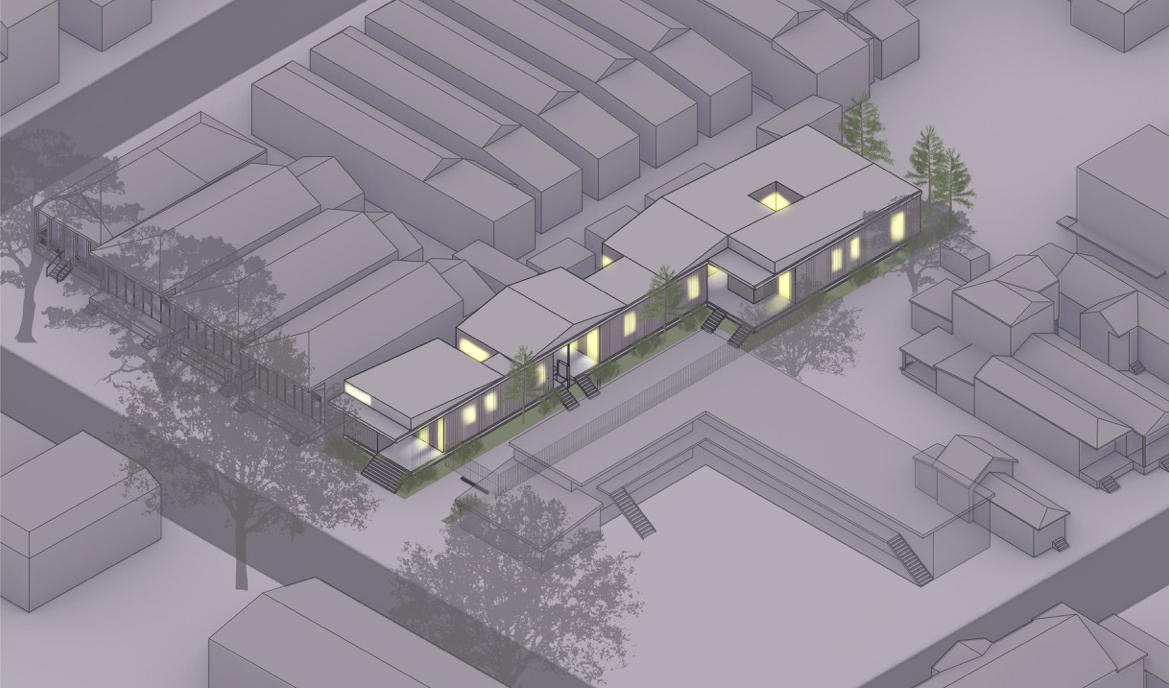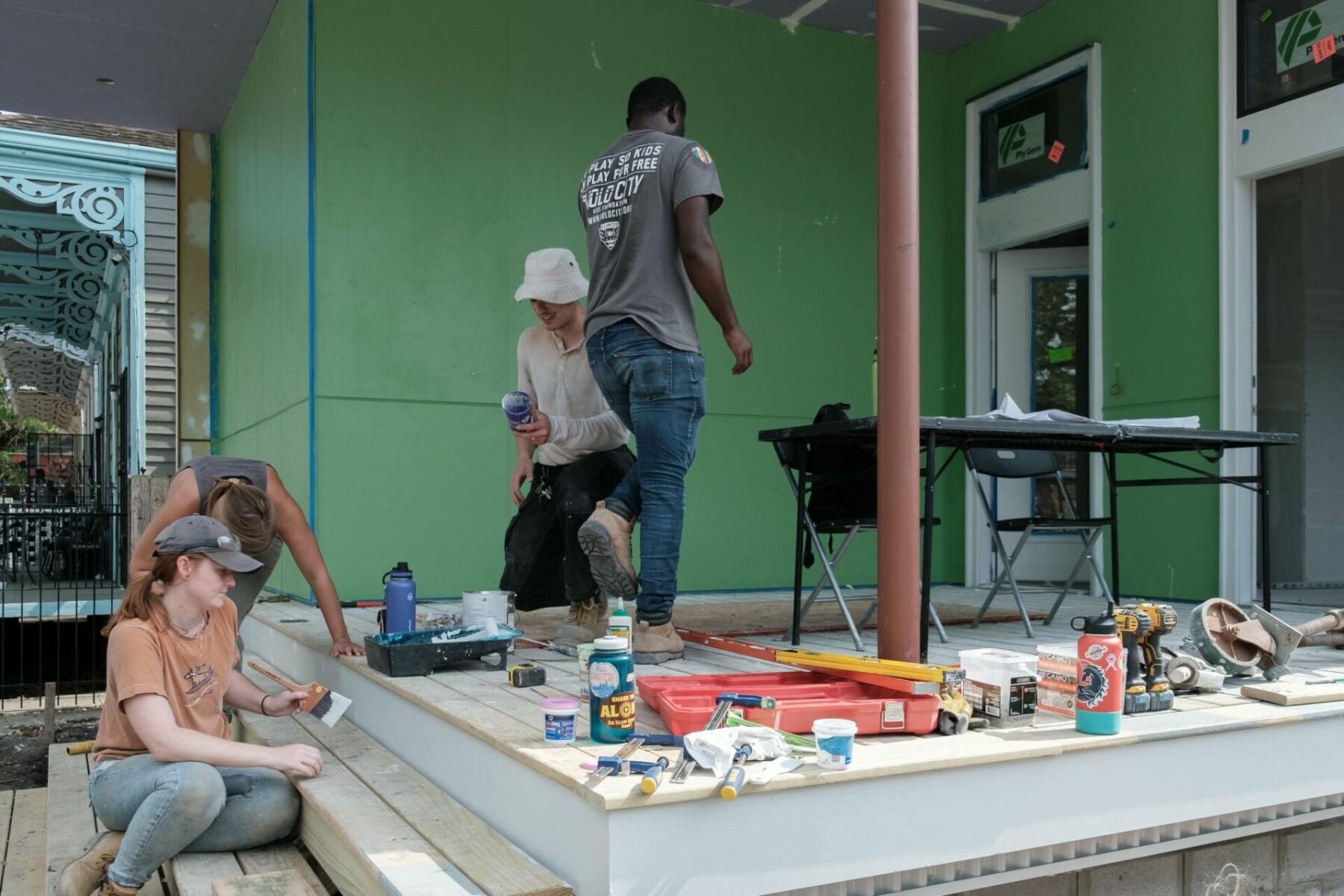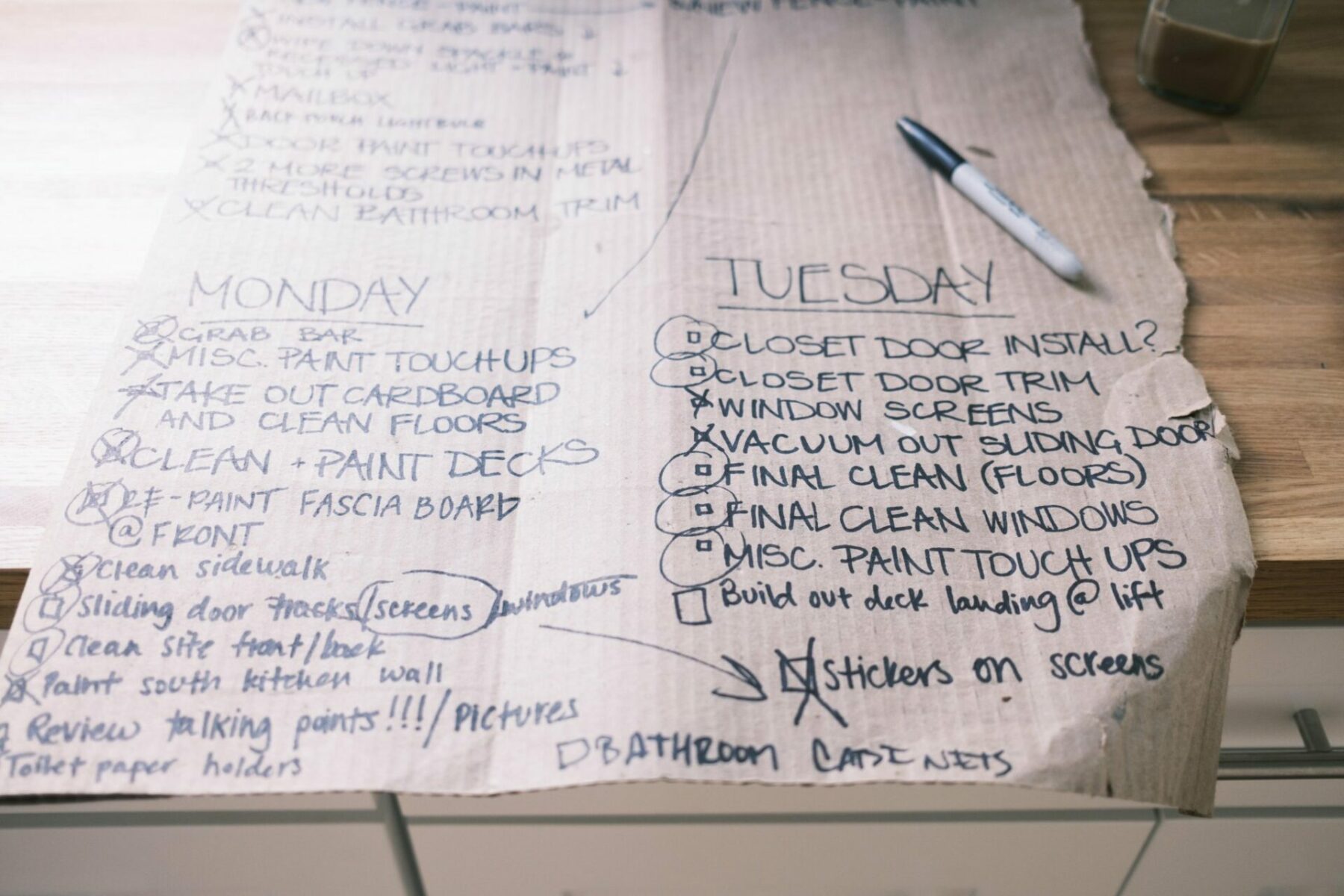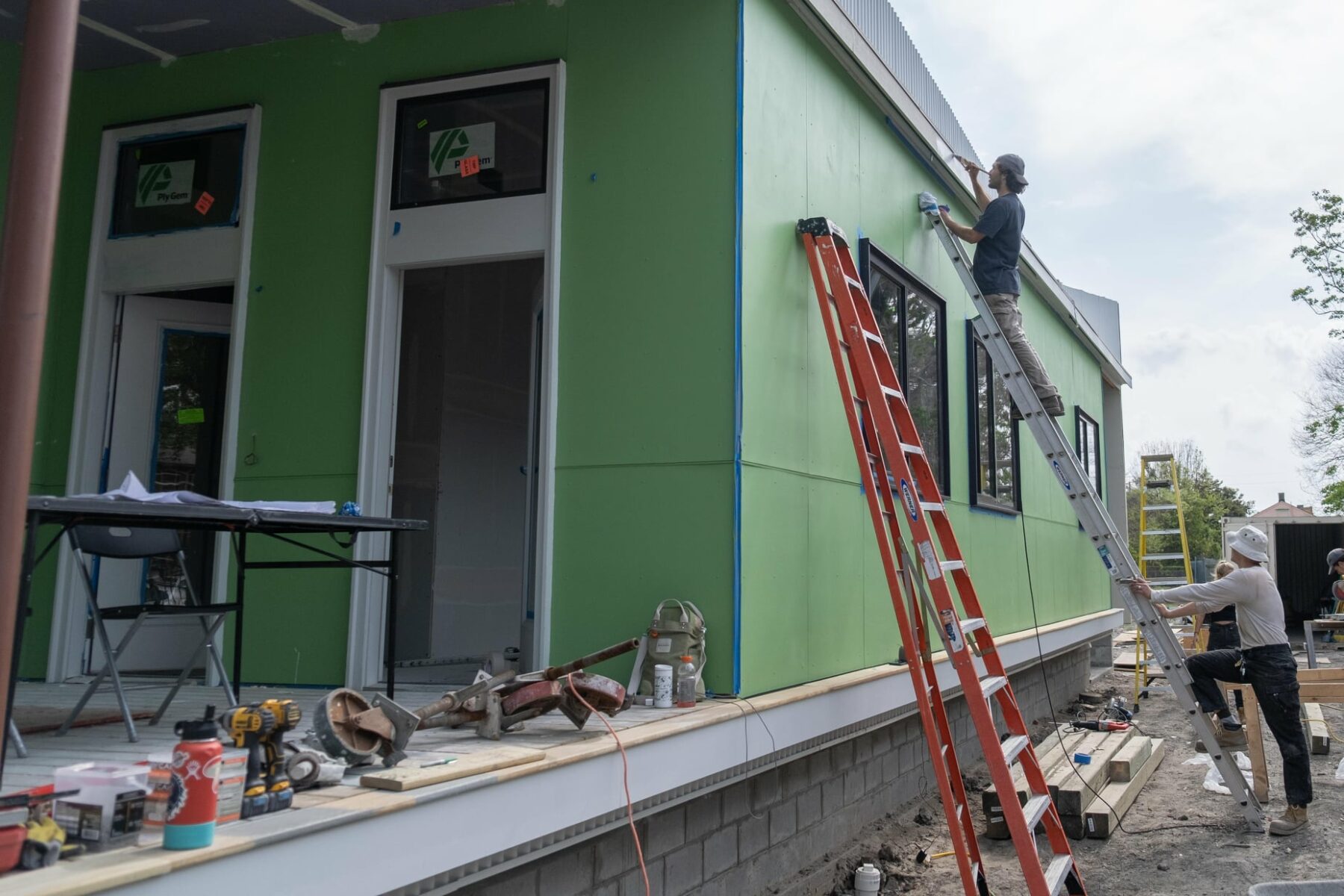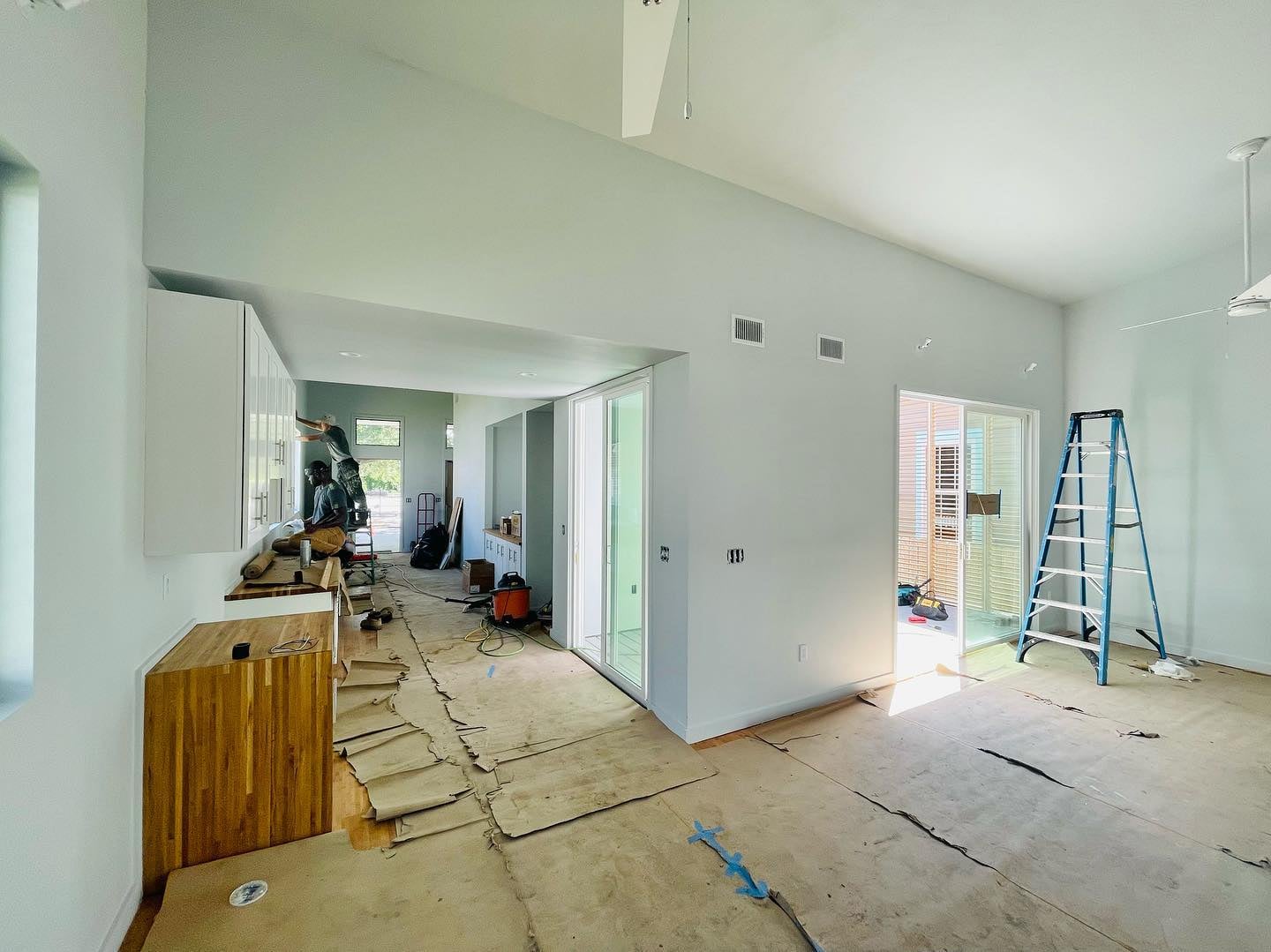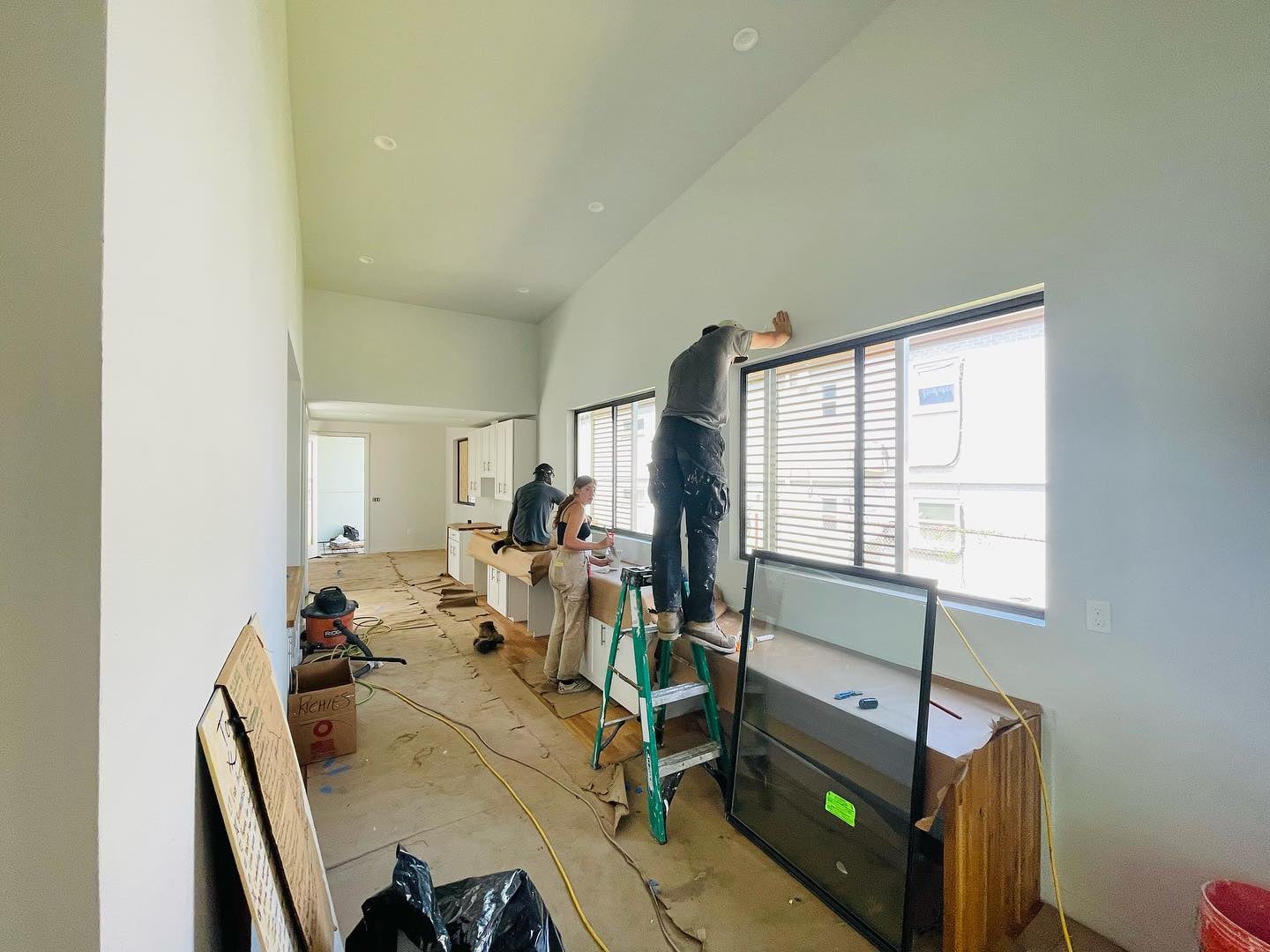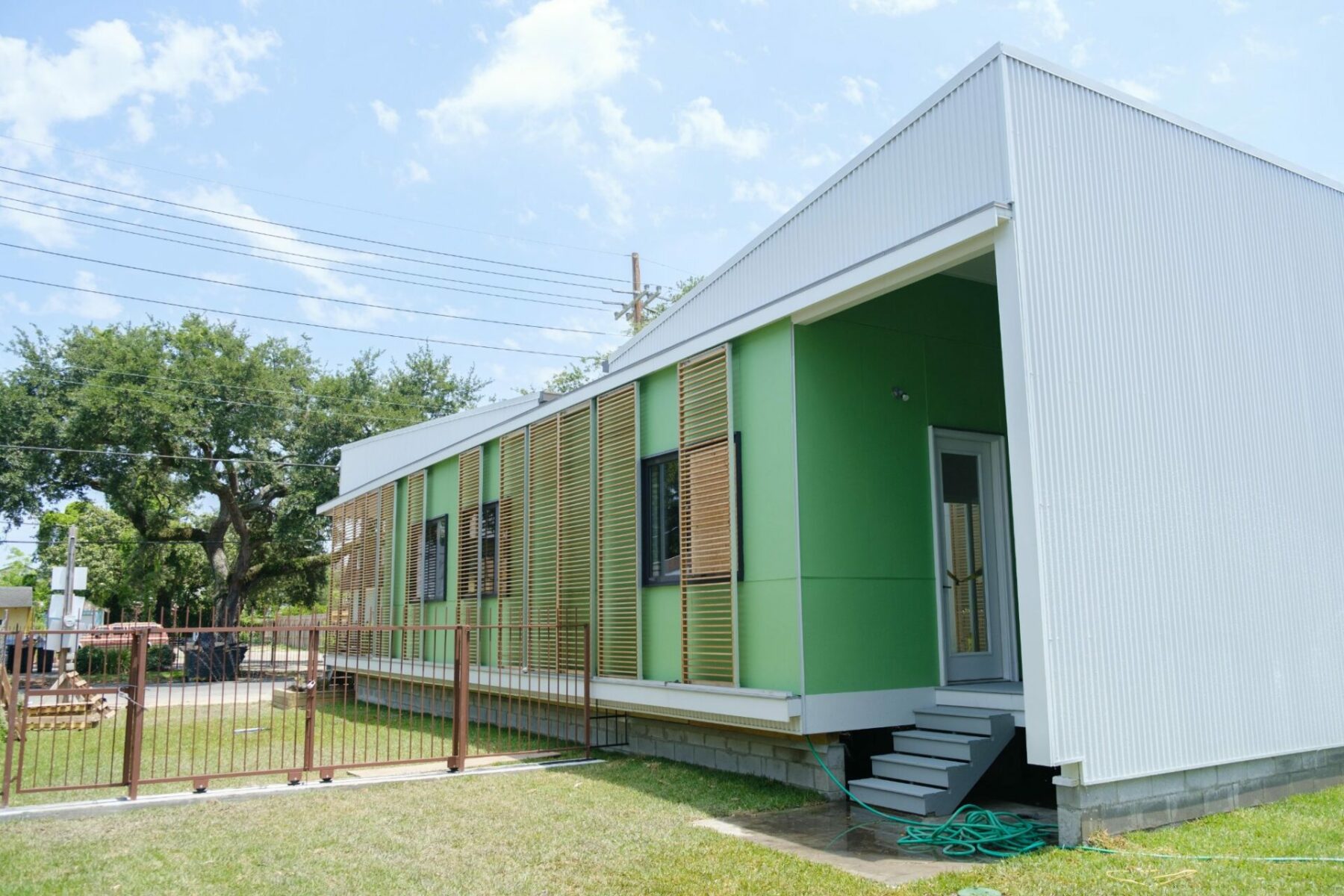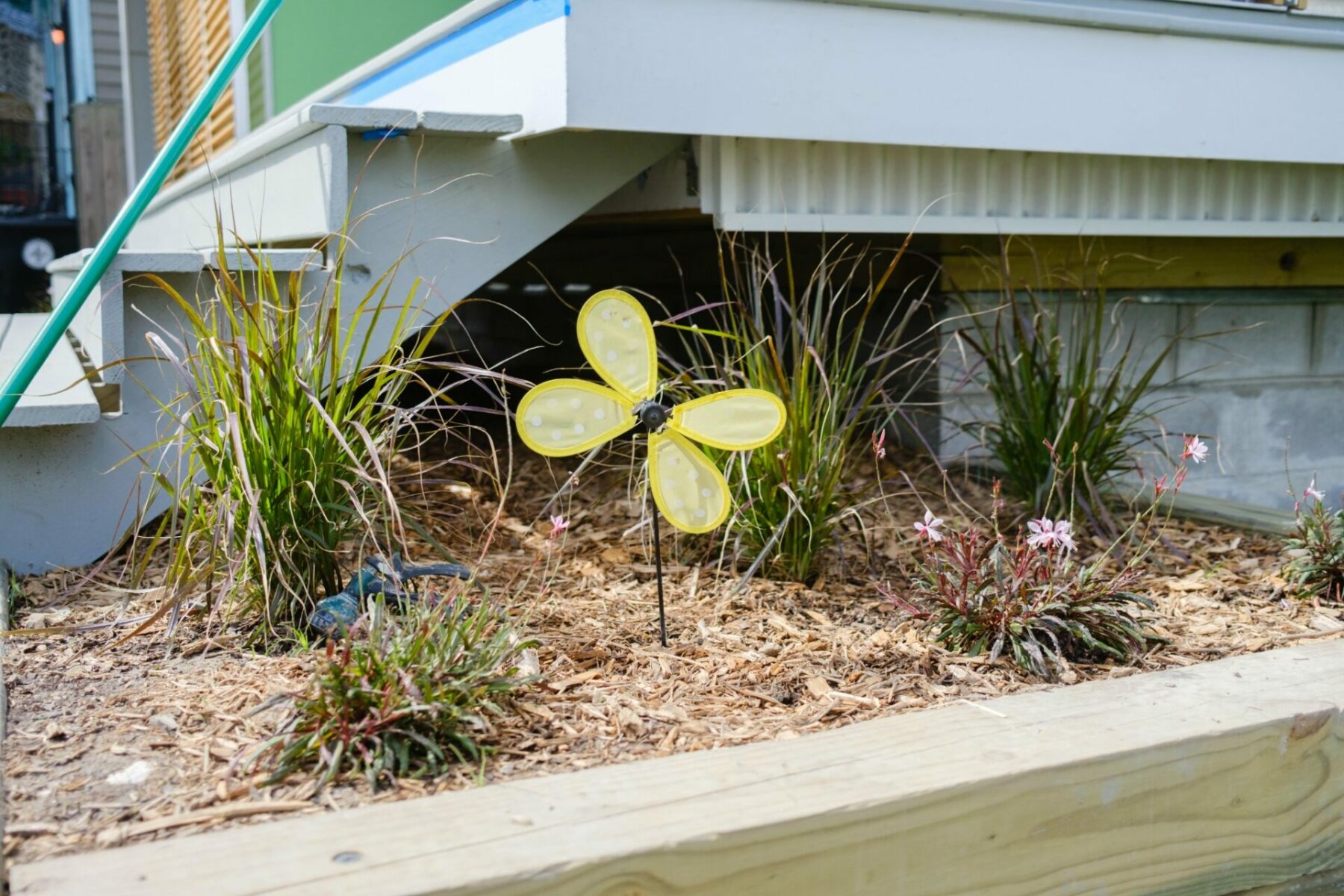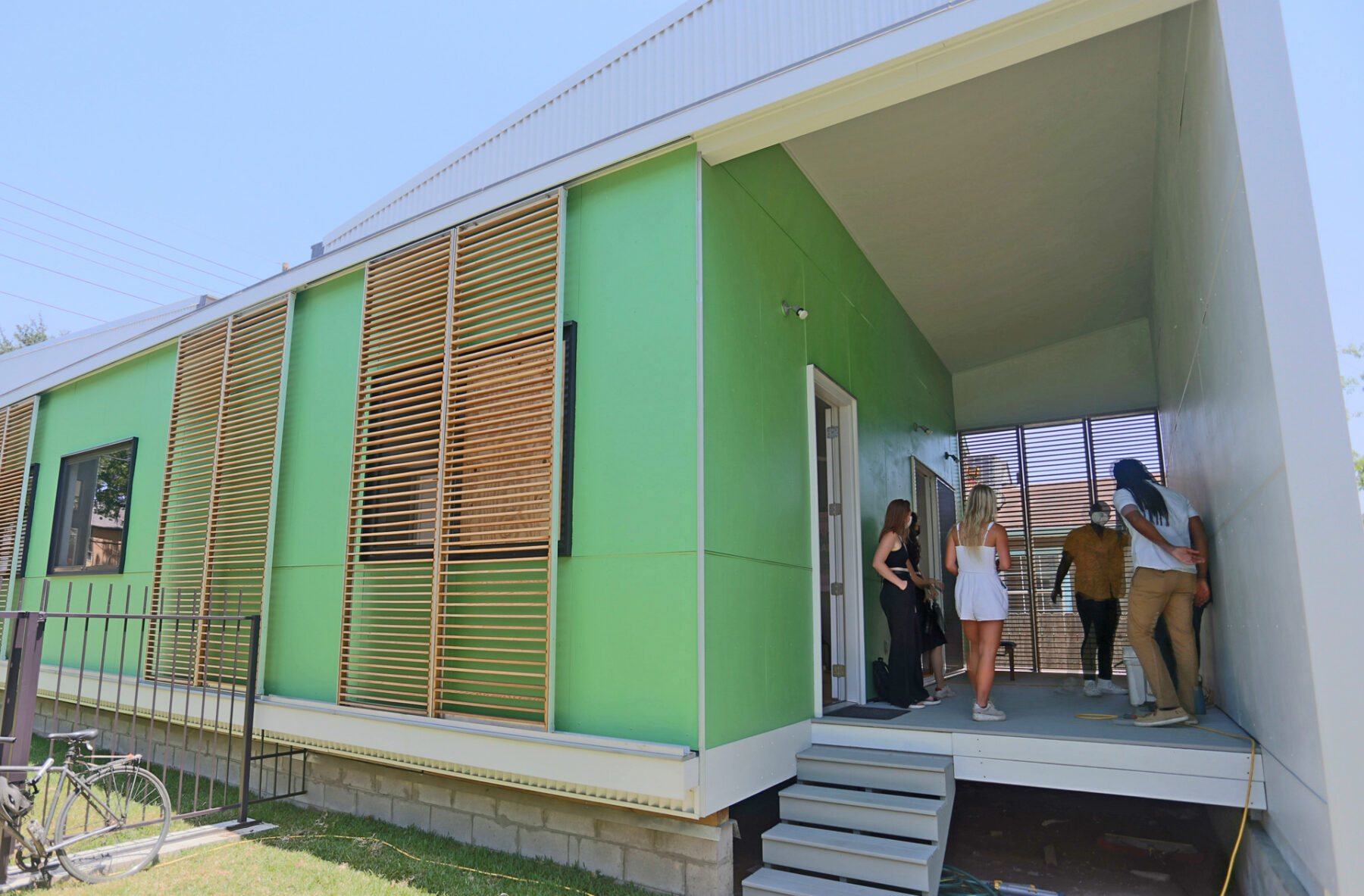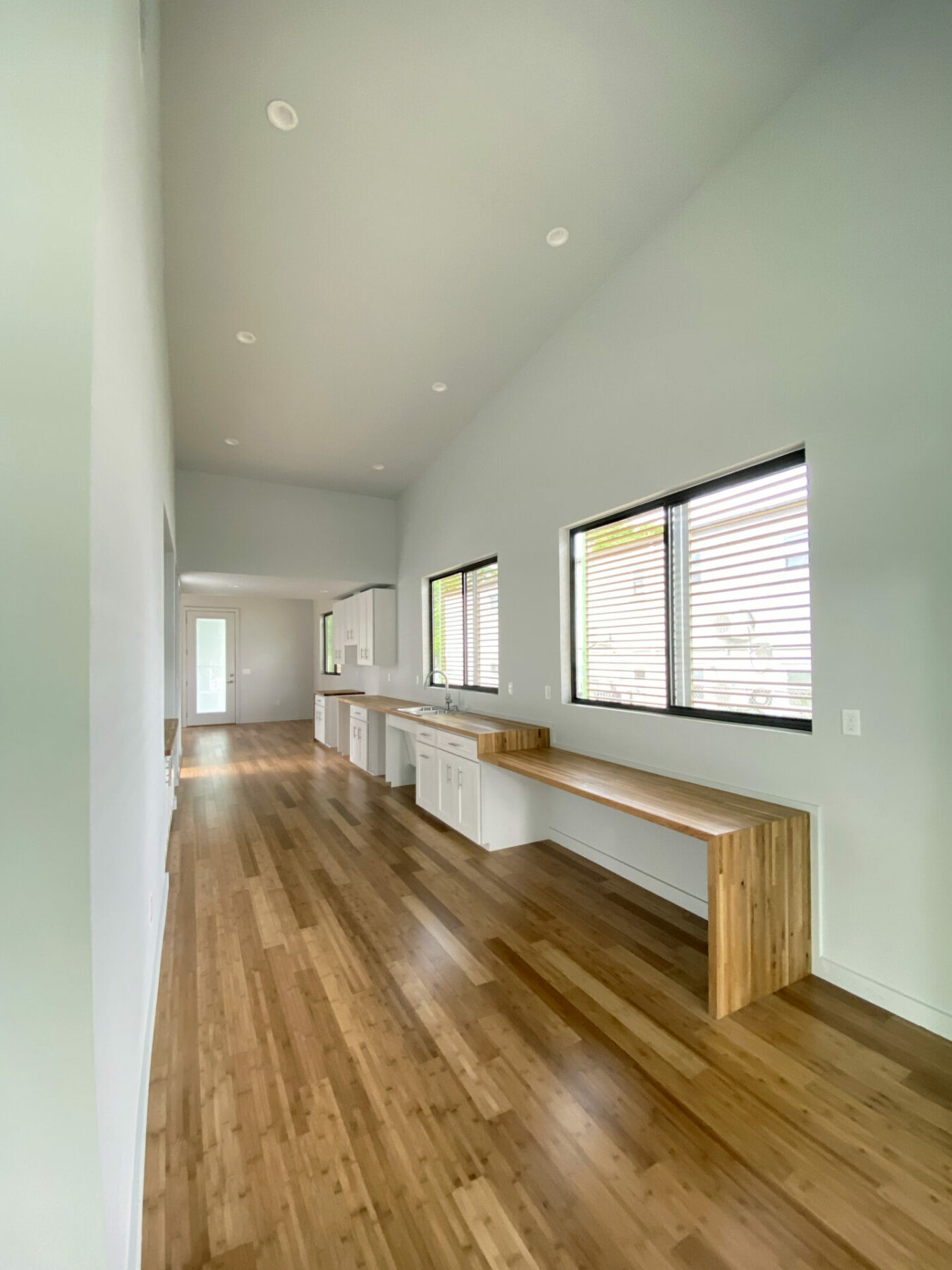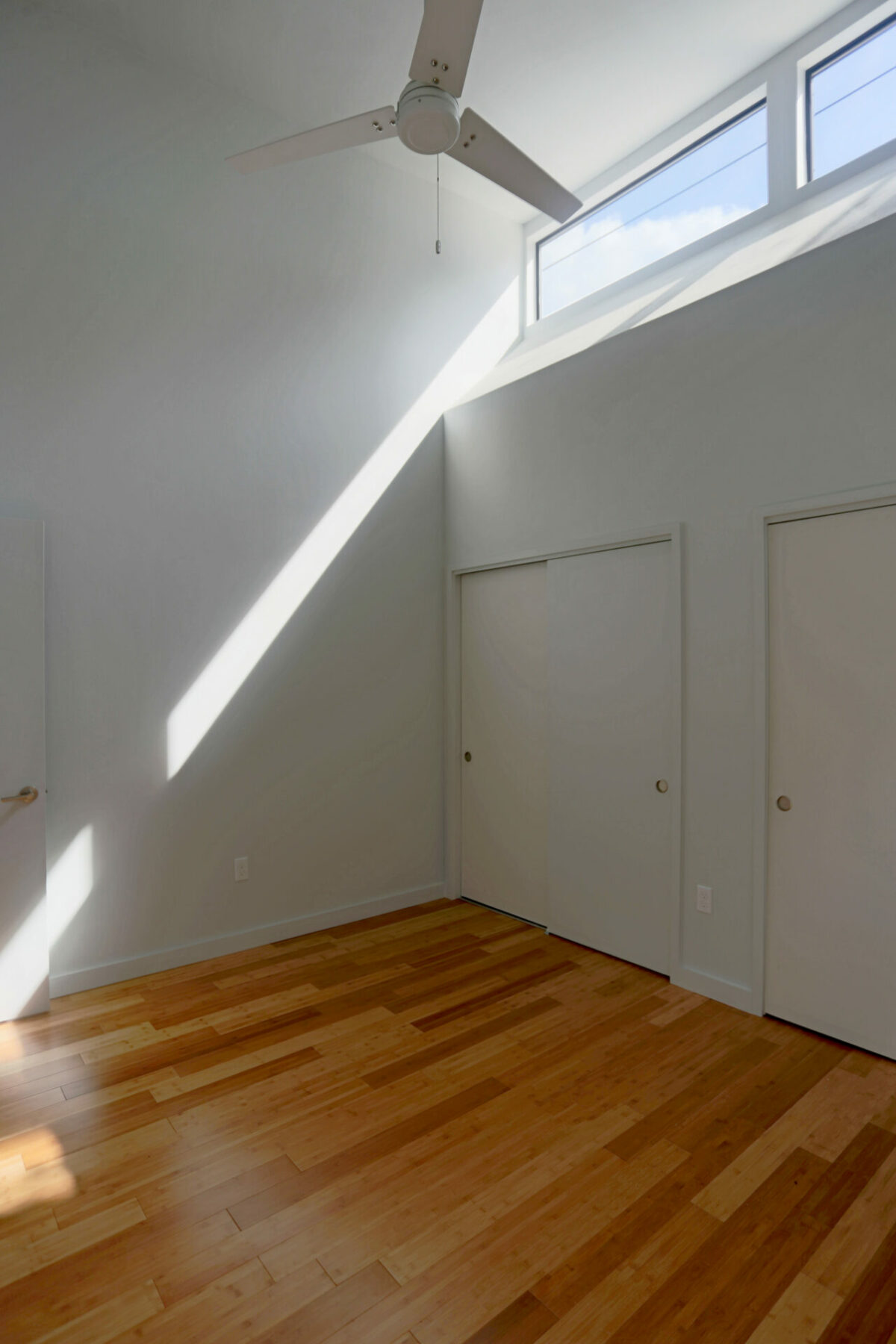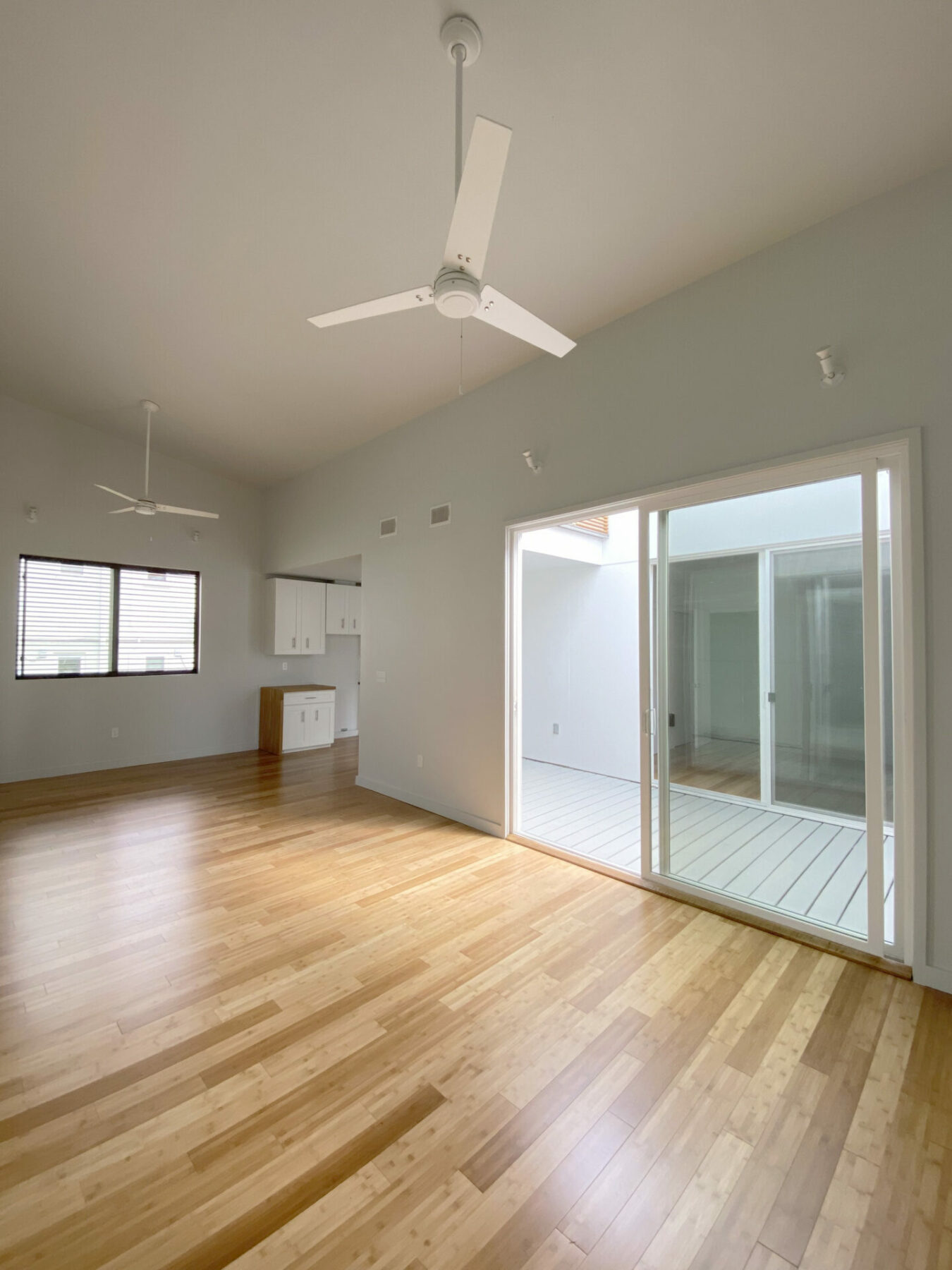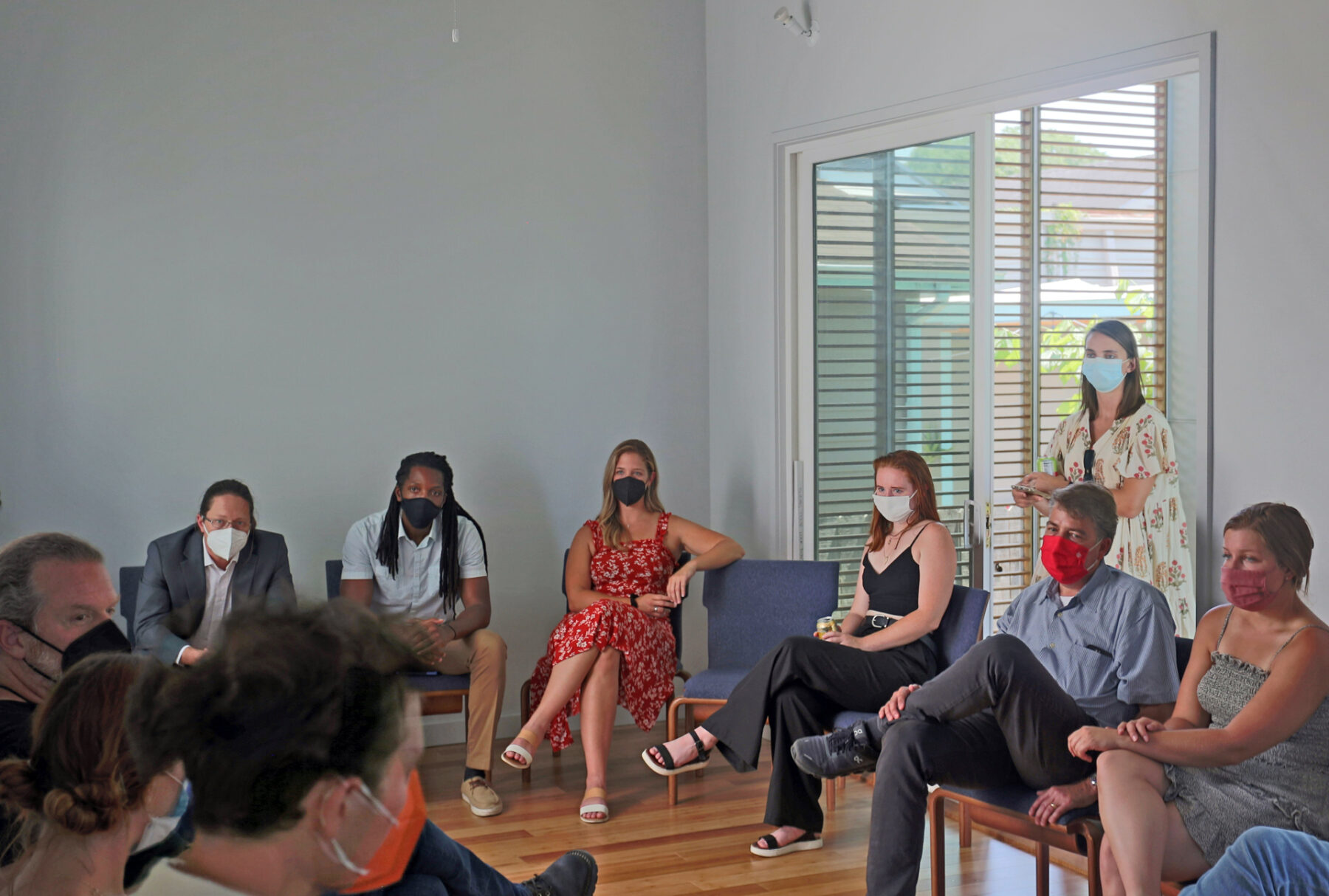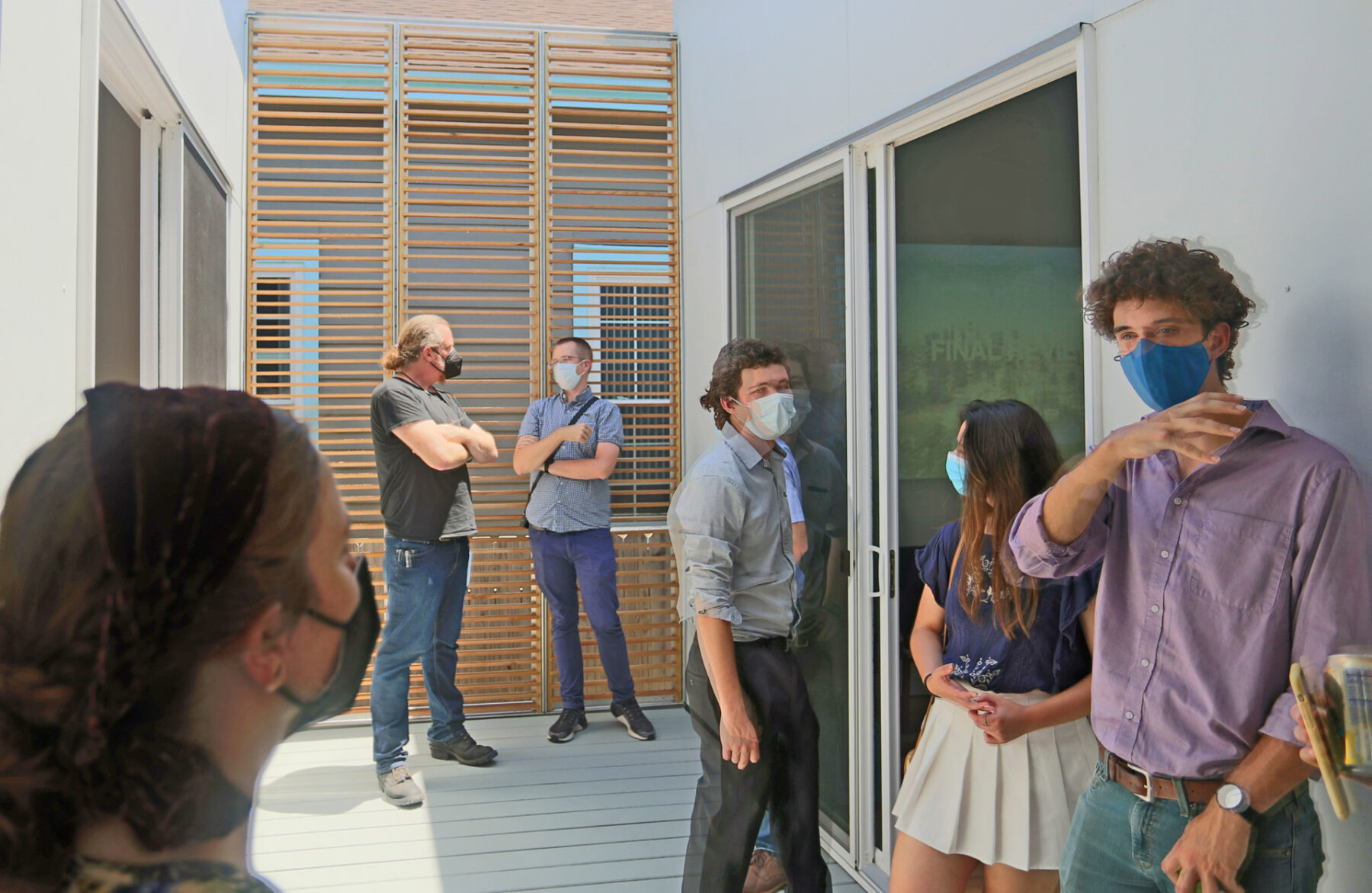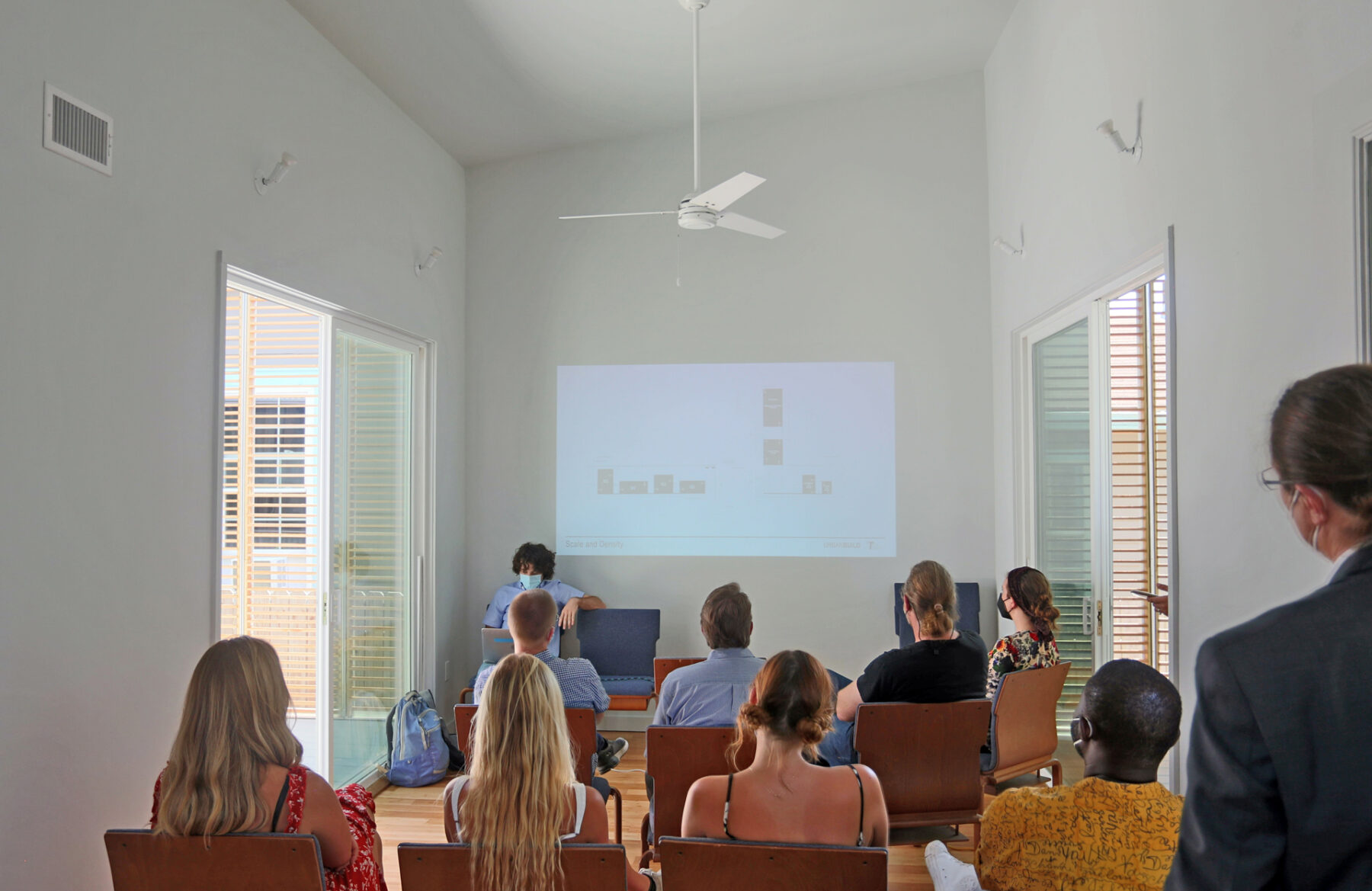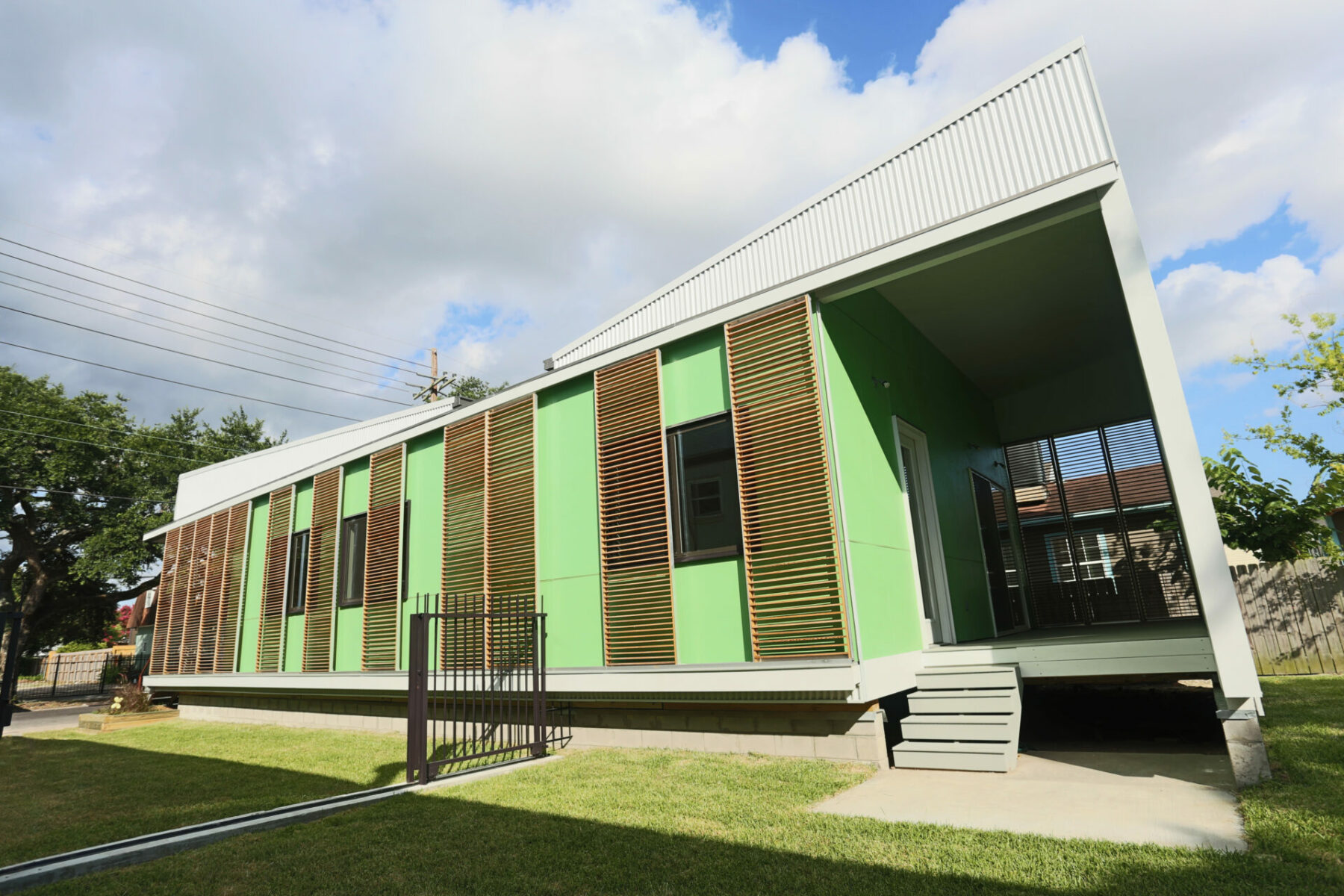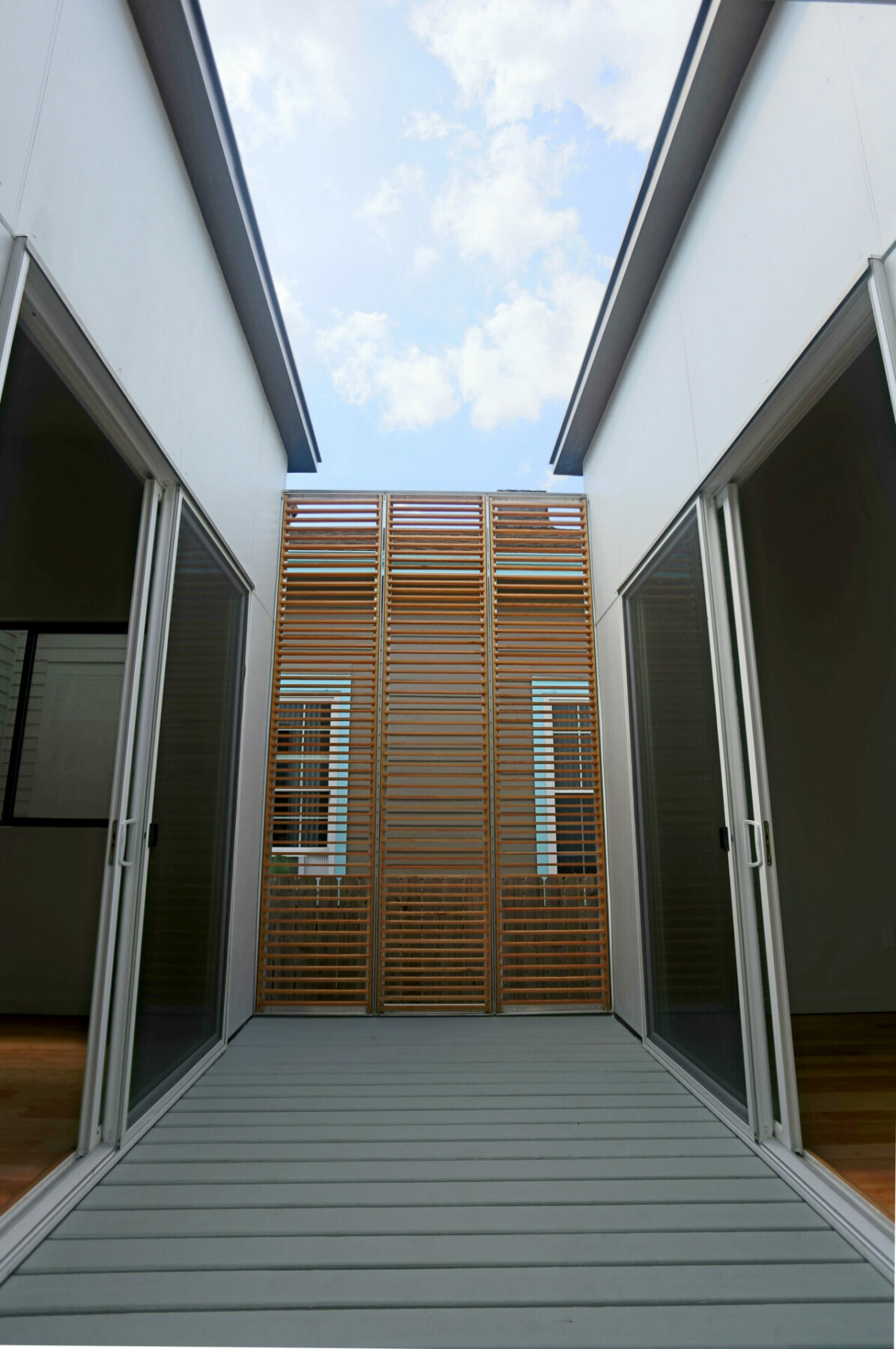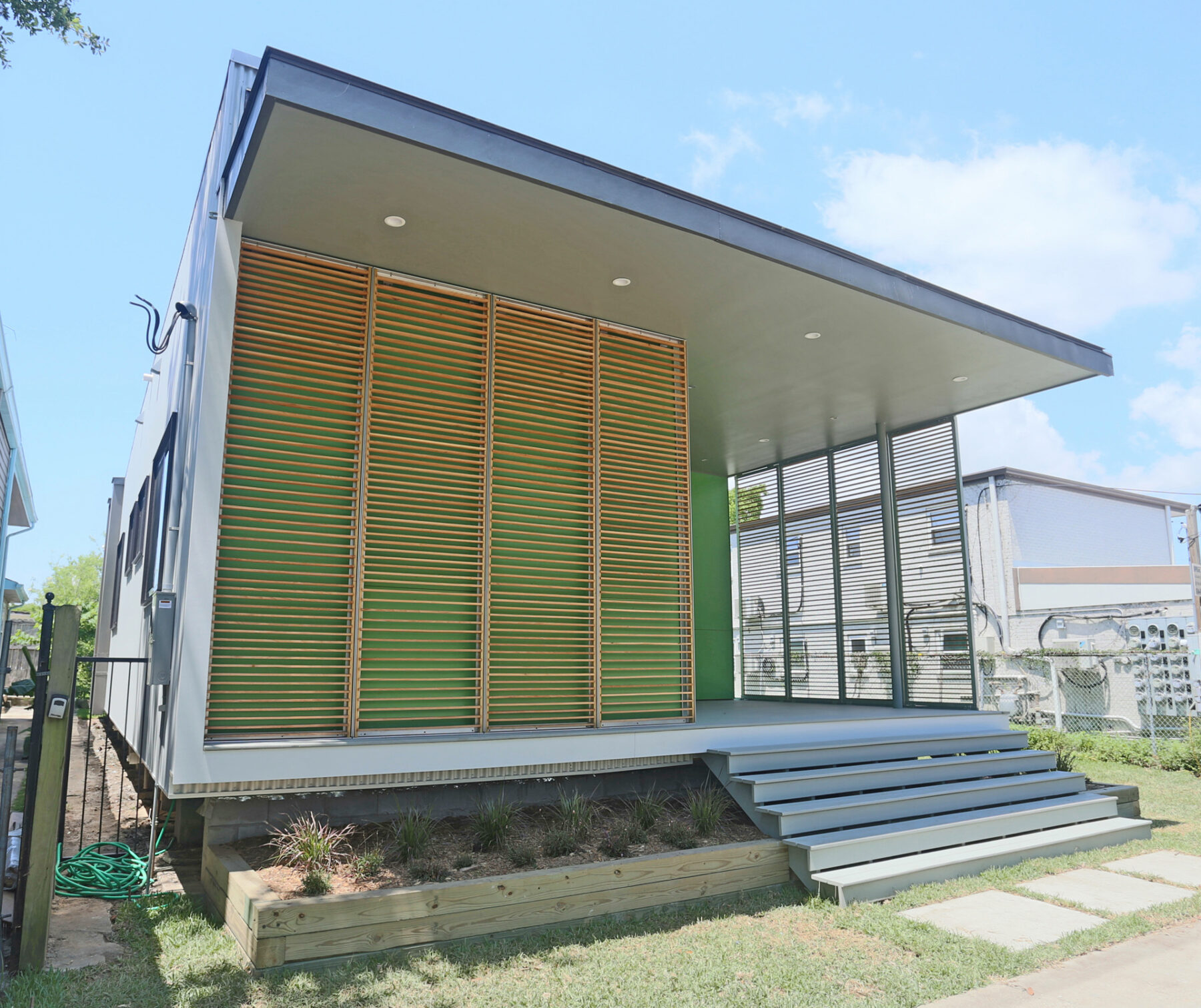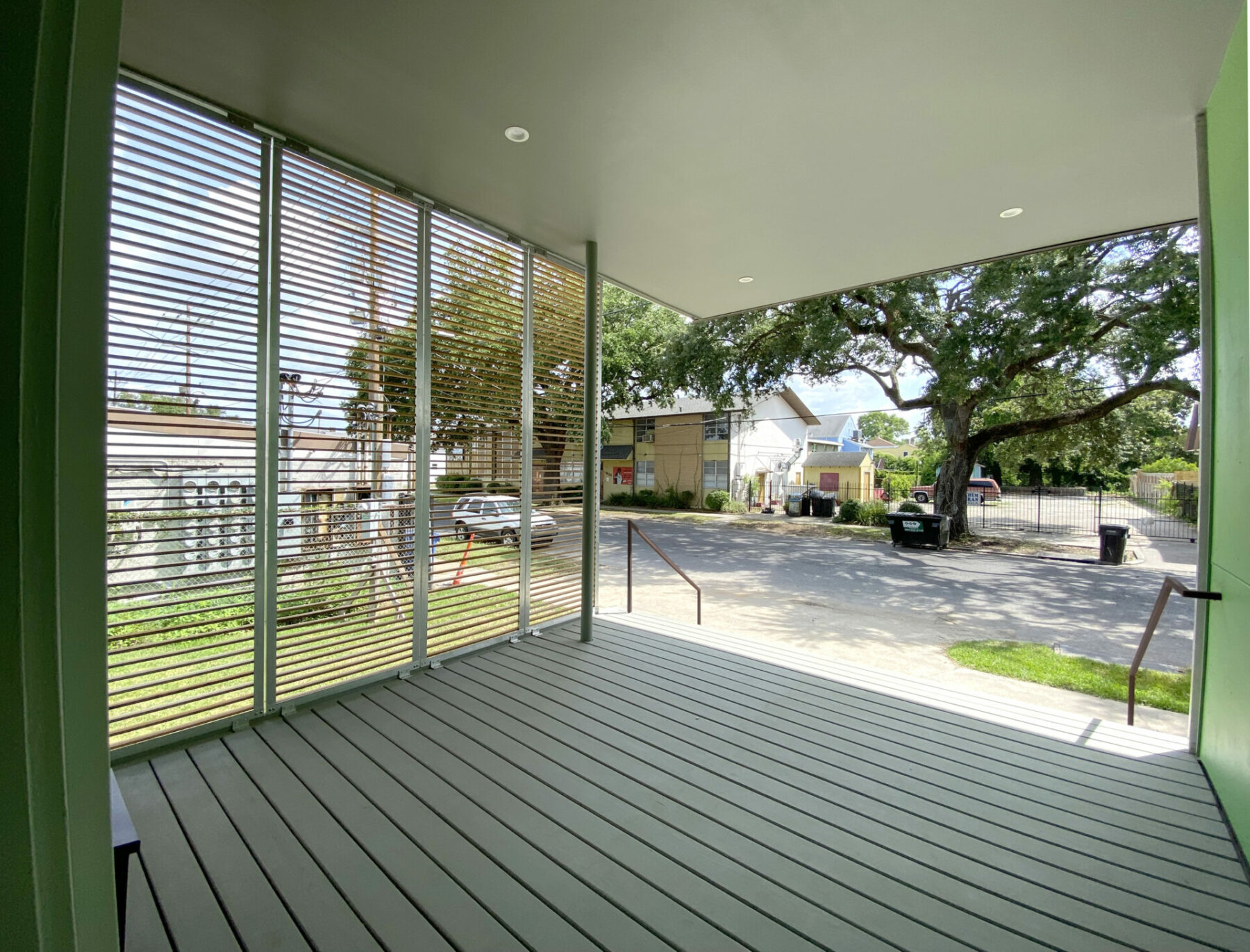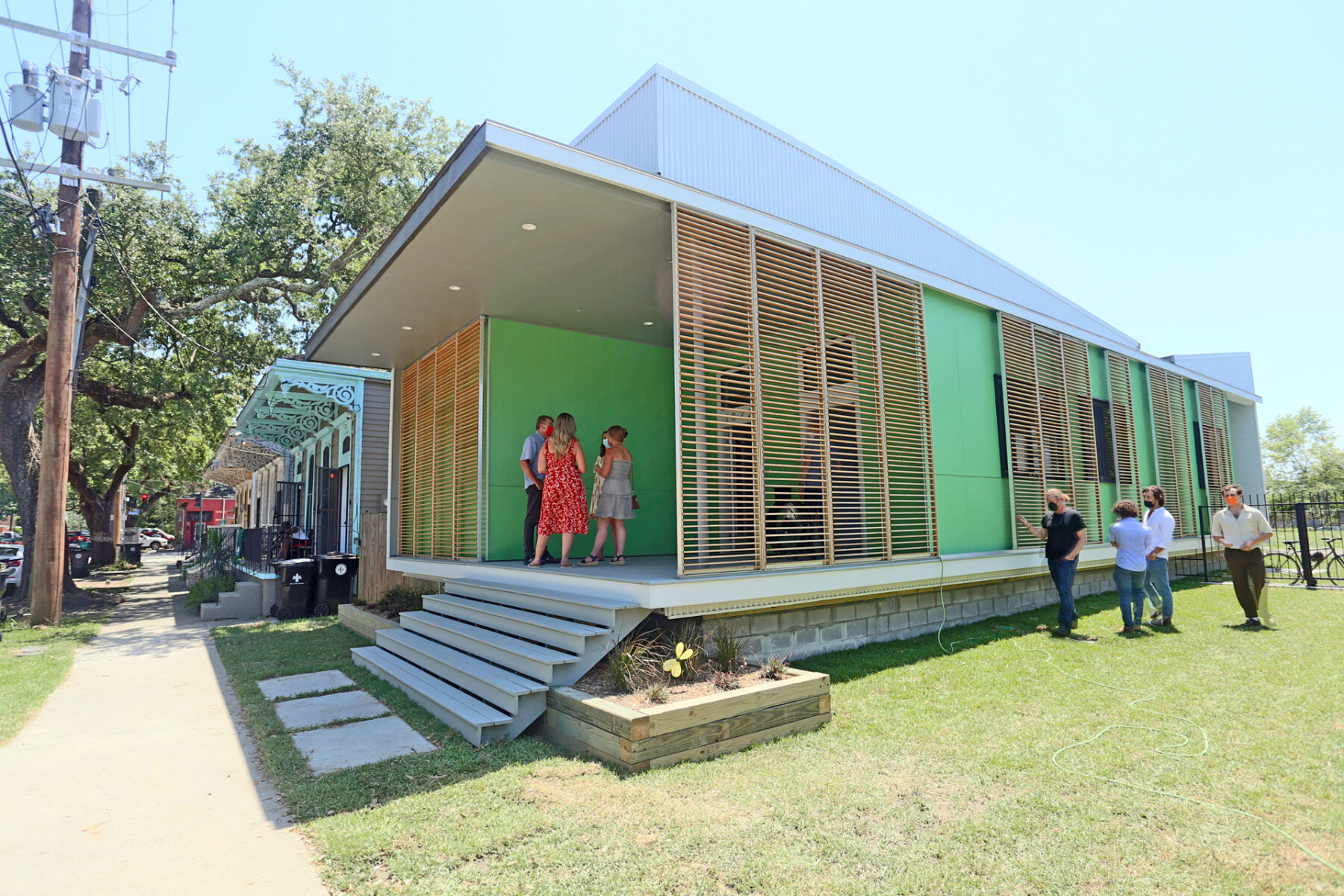URBANbuild17 marks the next phase of research which is both a reflective and a critical continuation of past efforts. This next phase of research challenges students to envision a larger scale phased approach to urban intervention. The two bedroom ADA accessible dwelling is the first phase of a 4 year multi-family housing masterplan in collaboration with Bethlehem Lutheran Church.
As the fabrication of URBANbuild16 was underway, a relationship was established with members of the neighboring Bethlehem Lutheran Church – the oldest historically black Evangelical Lutheran Church in the continental United States. Bethlehem owns two properties in Central City. One is located at 1823 Washington Avenue, and a portion of that lot holds their current Church building. The other property is a large empty “Key” lot directly across the street at 1822 Washington Avenue which houses URBANbuild17.
During the Fall semester, Master planning options were proposed for Bethlehem’s primary church site, and several housing strategies were developed for the property across the street. These strategies included 4-5 housing units with common outdoor space and long-term coordinated uses with the Church. Therefore, contextual analysis, both physical and cultural, combined with interpretations of the New Orleans Comprehensive Zoning Ordinance (CZO) will fuel the first steps in the development of Master Planning options.
As is expected of the URBANbuild research agenda, these developments include components of housing, but those components may also be combined with additional programmatic elements for the community. In effort to physically realize this larger scale vision, a 3 to 4 year phasing strategy will be established – aiming to realize the developed master plan through a series of sequential design build opportunities. While this next chapter of URBANbuild inquiry initially strays from the program’s familiar process of inquiry, research will still build upon the program’s recent body of research related to topics of efficiency, density, replication, and affordability – while also aiming to provide outcomes of quality thought and design.



